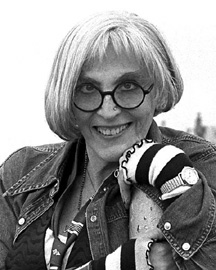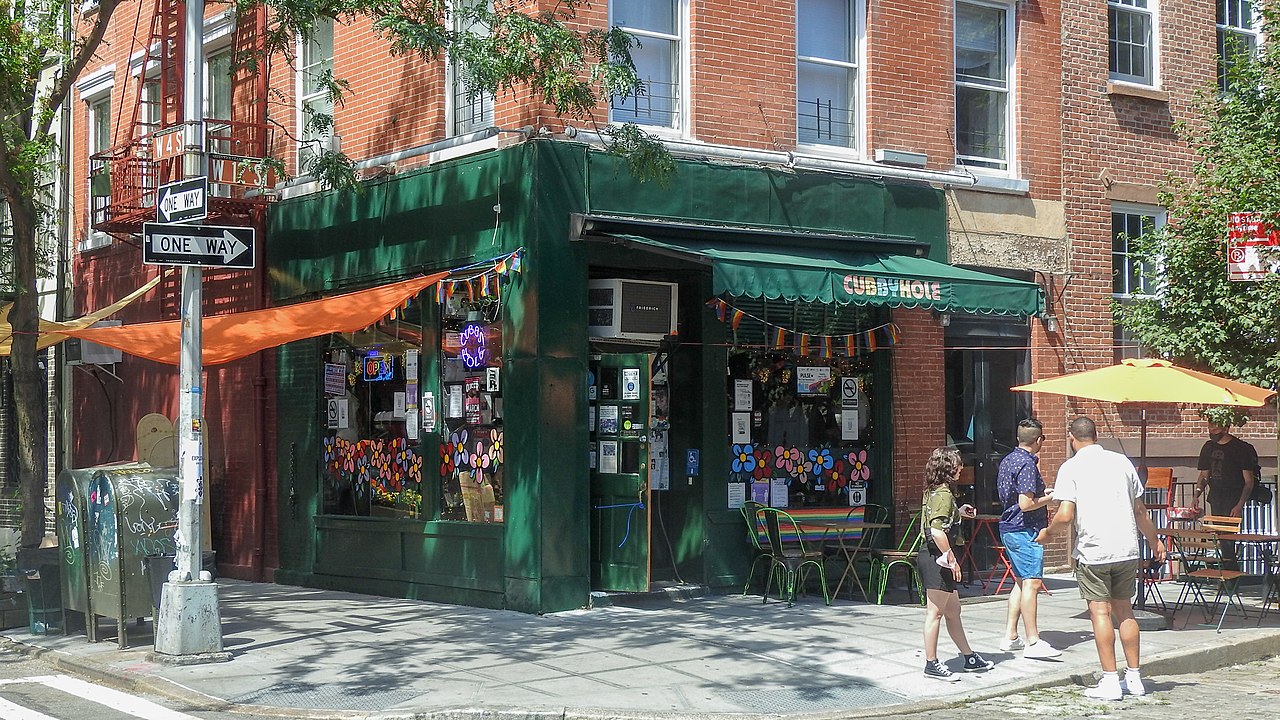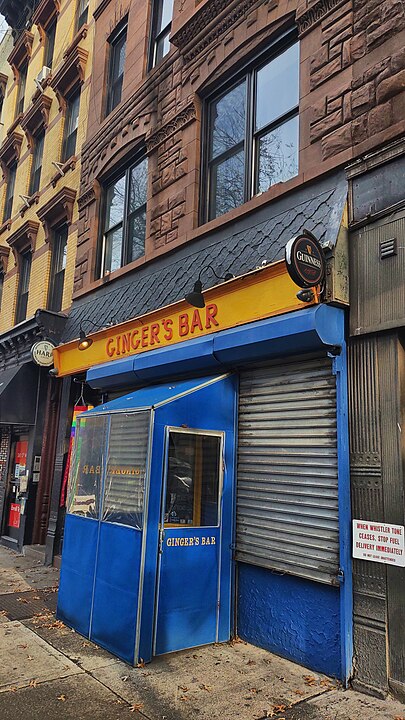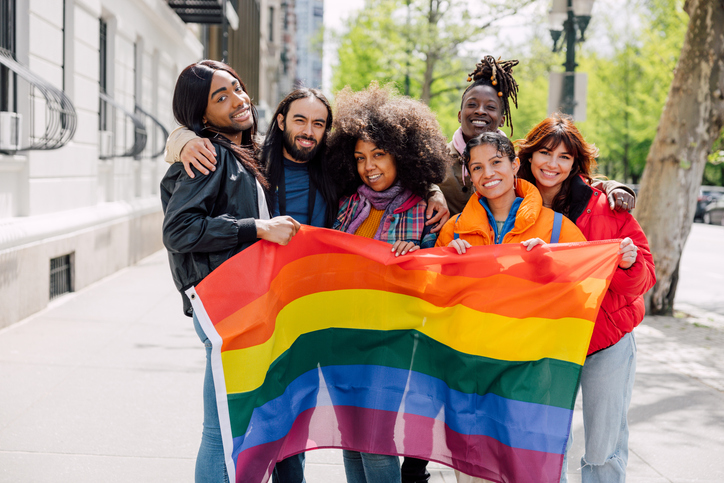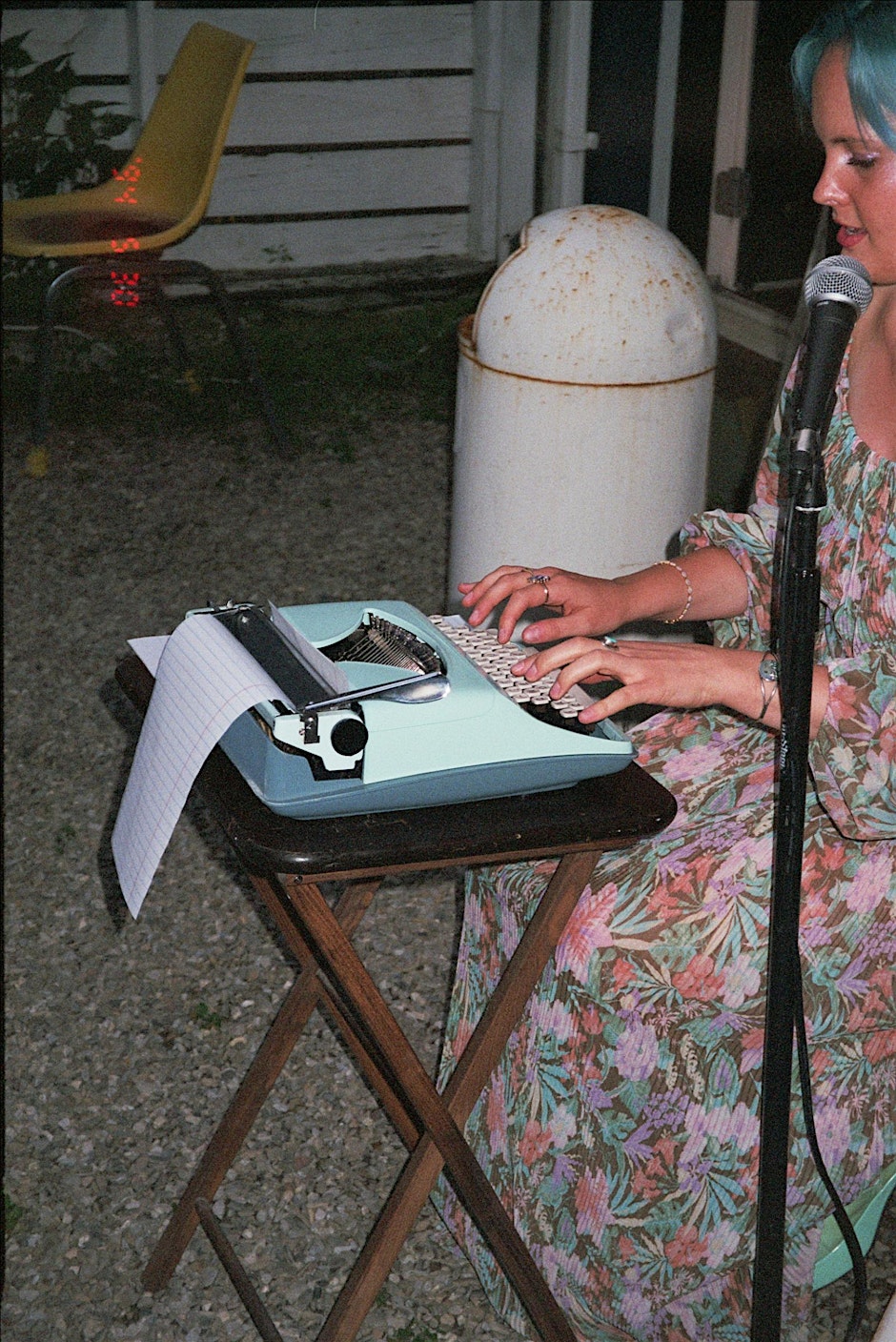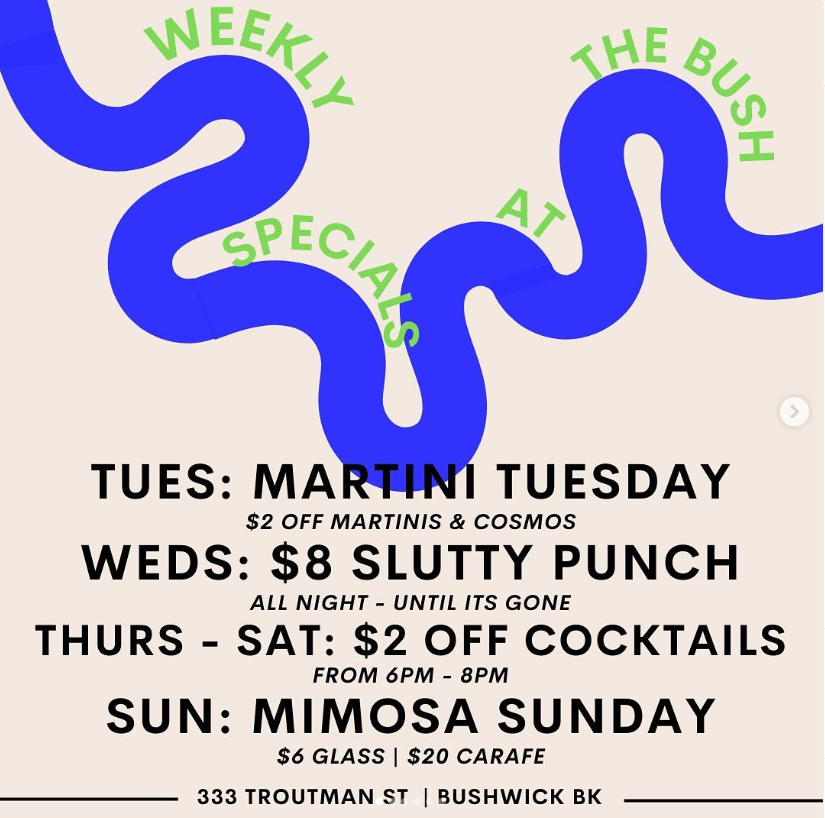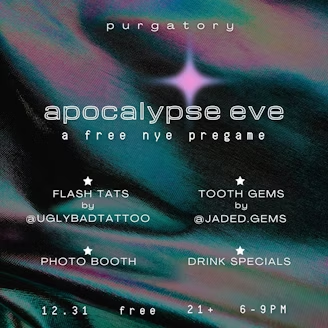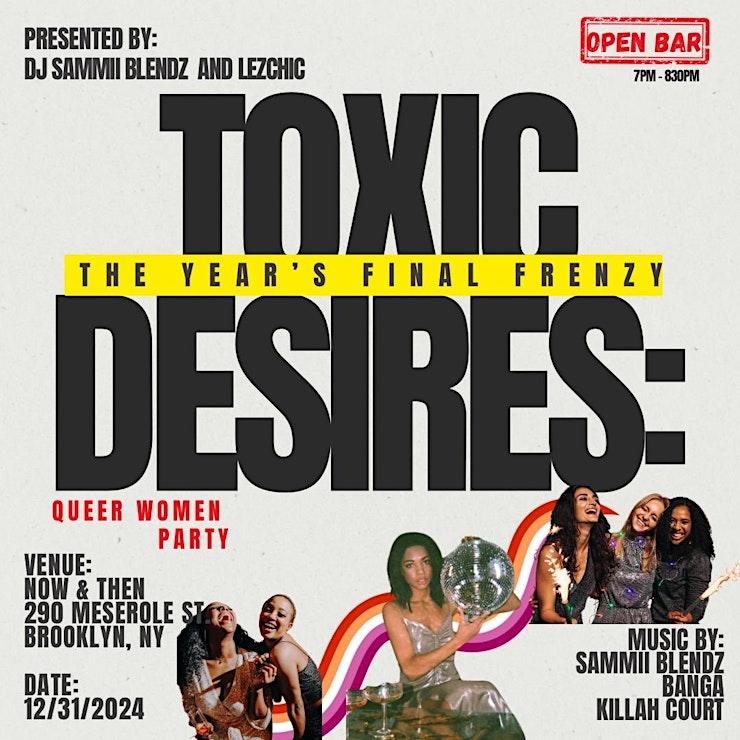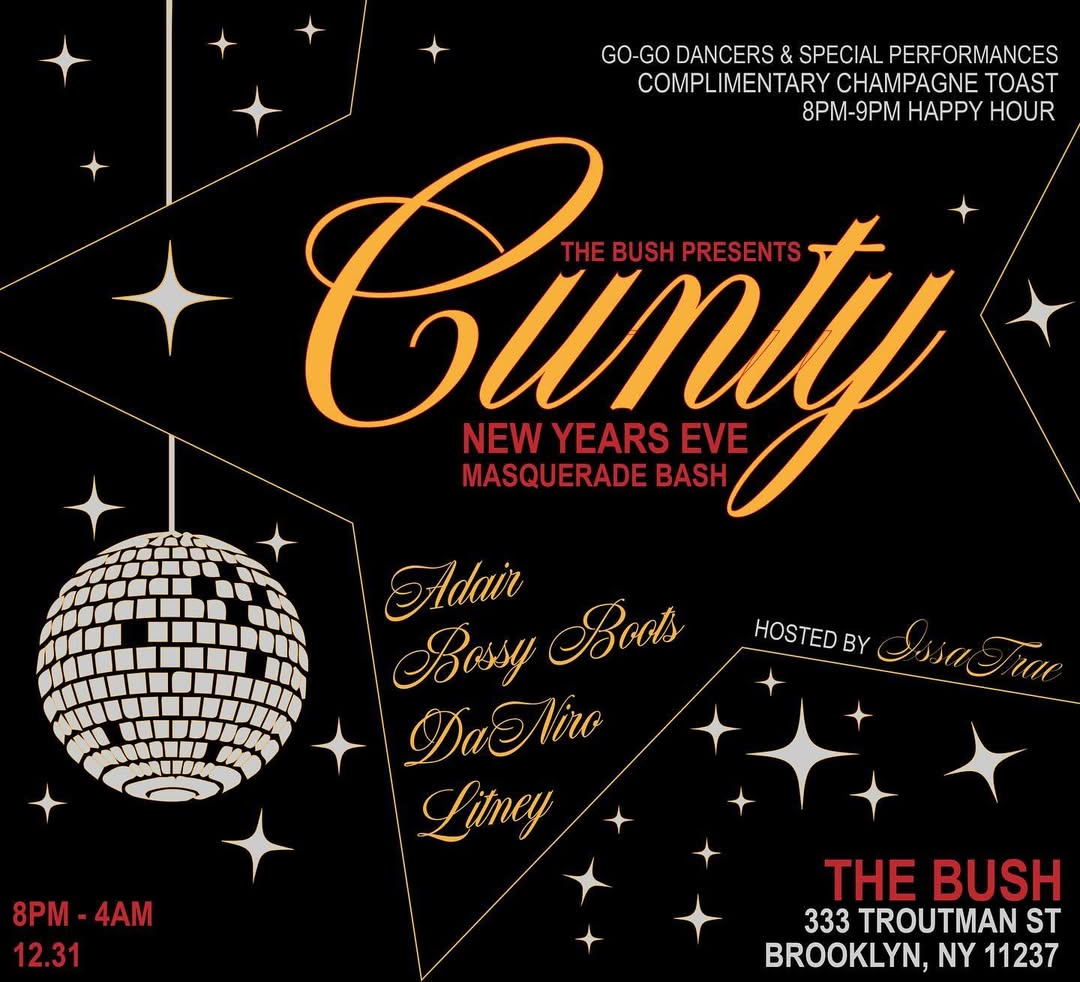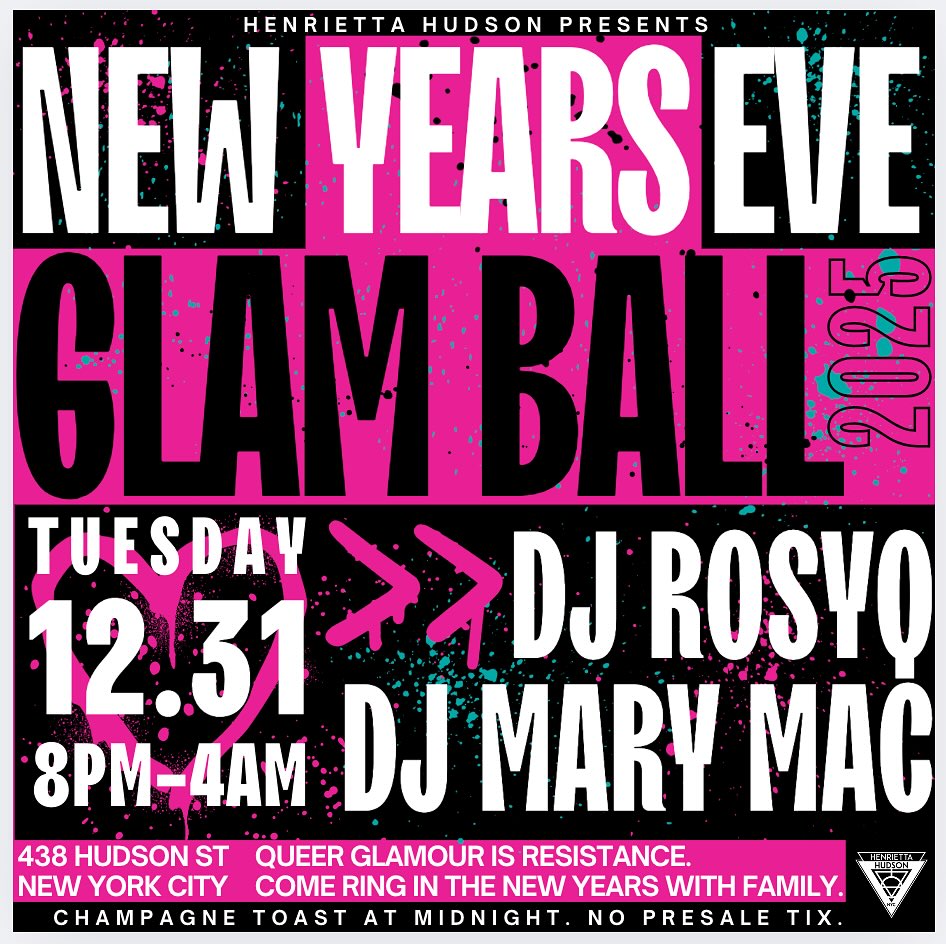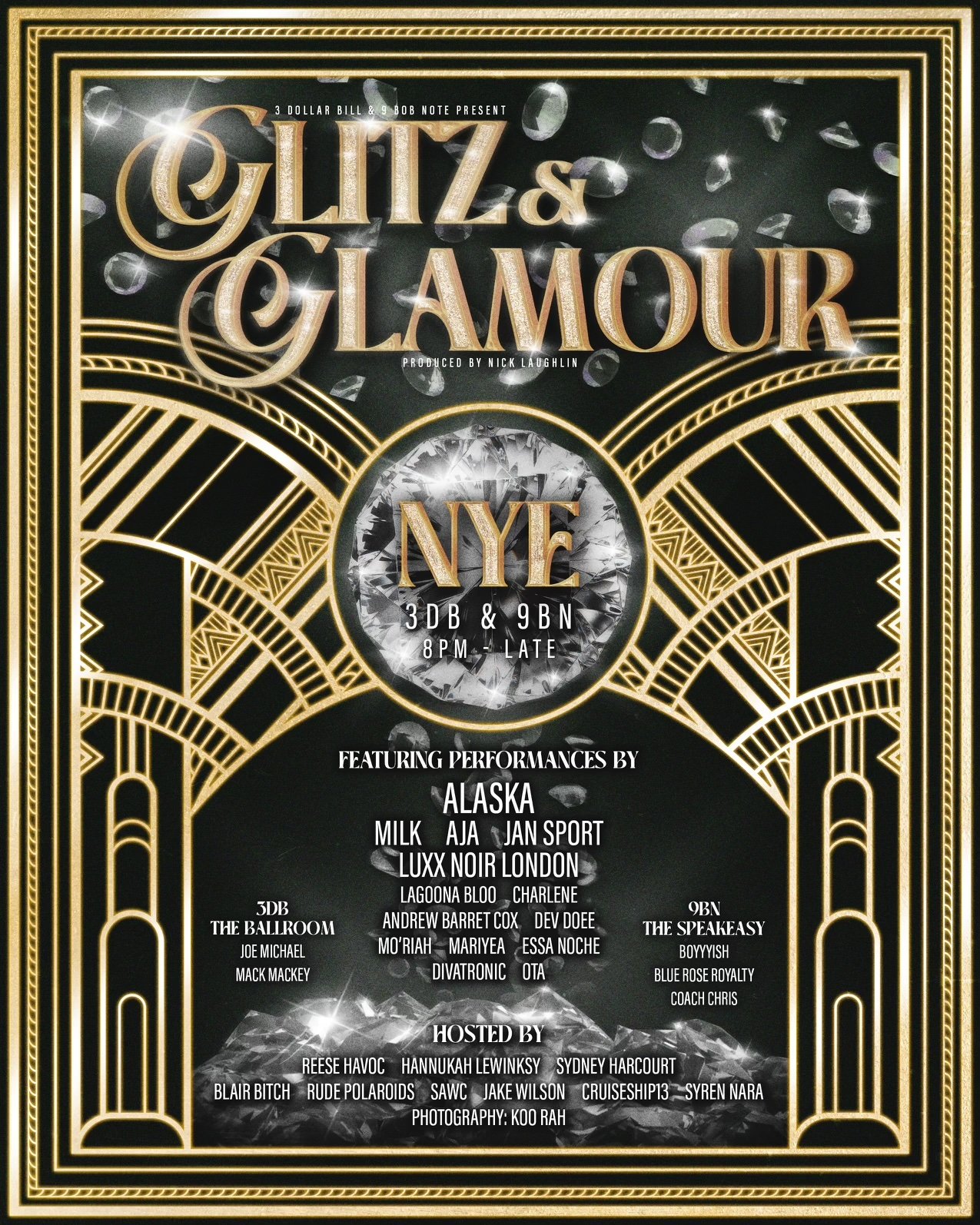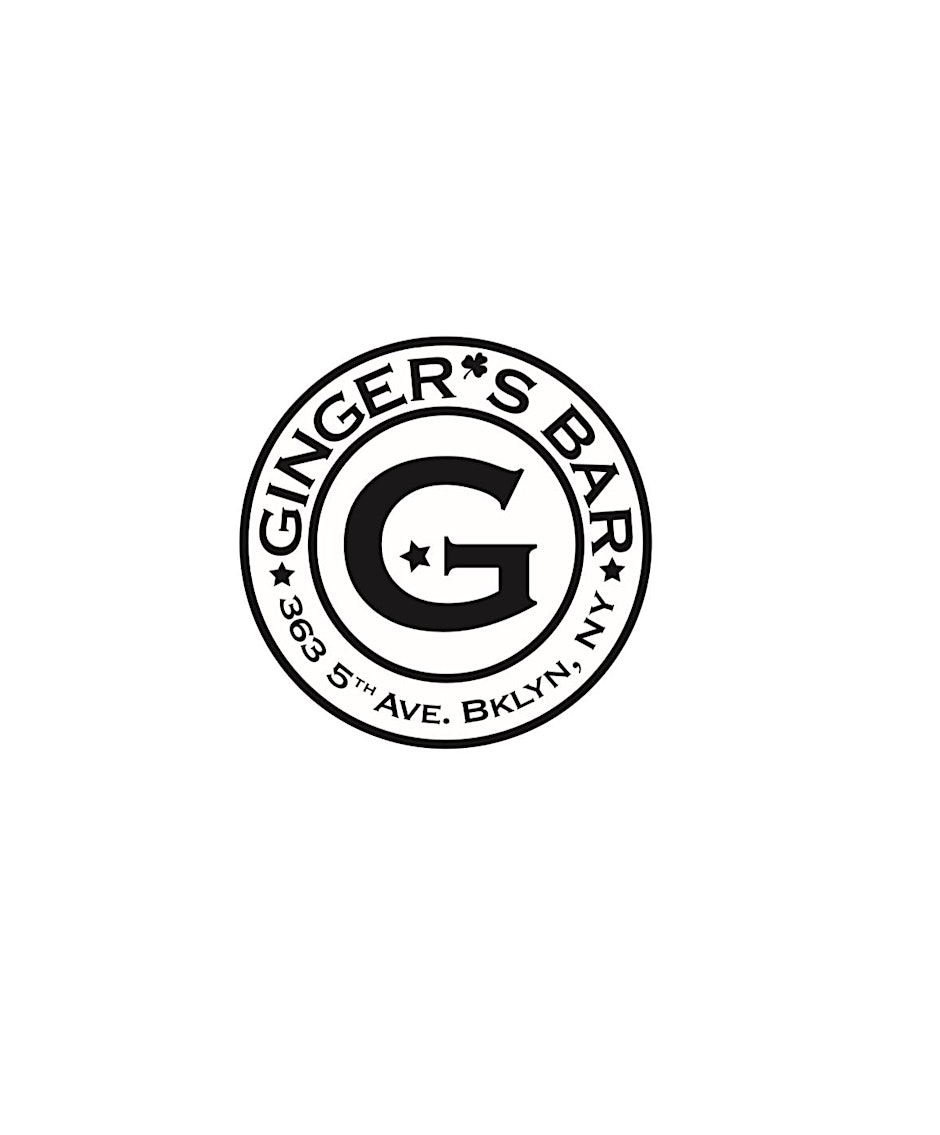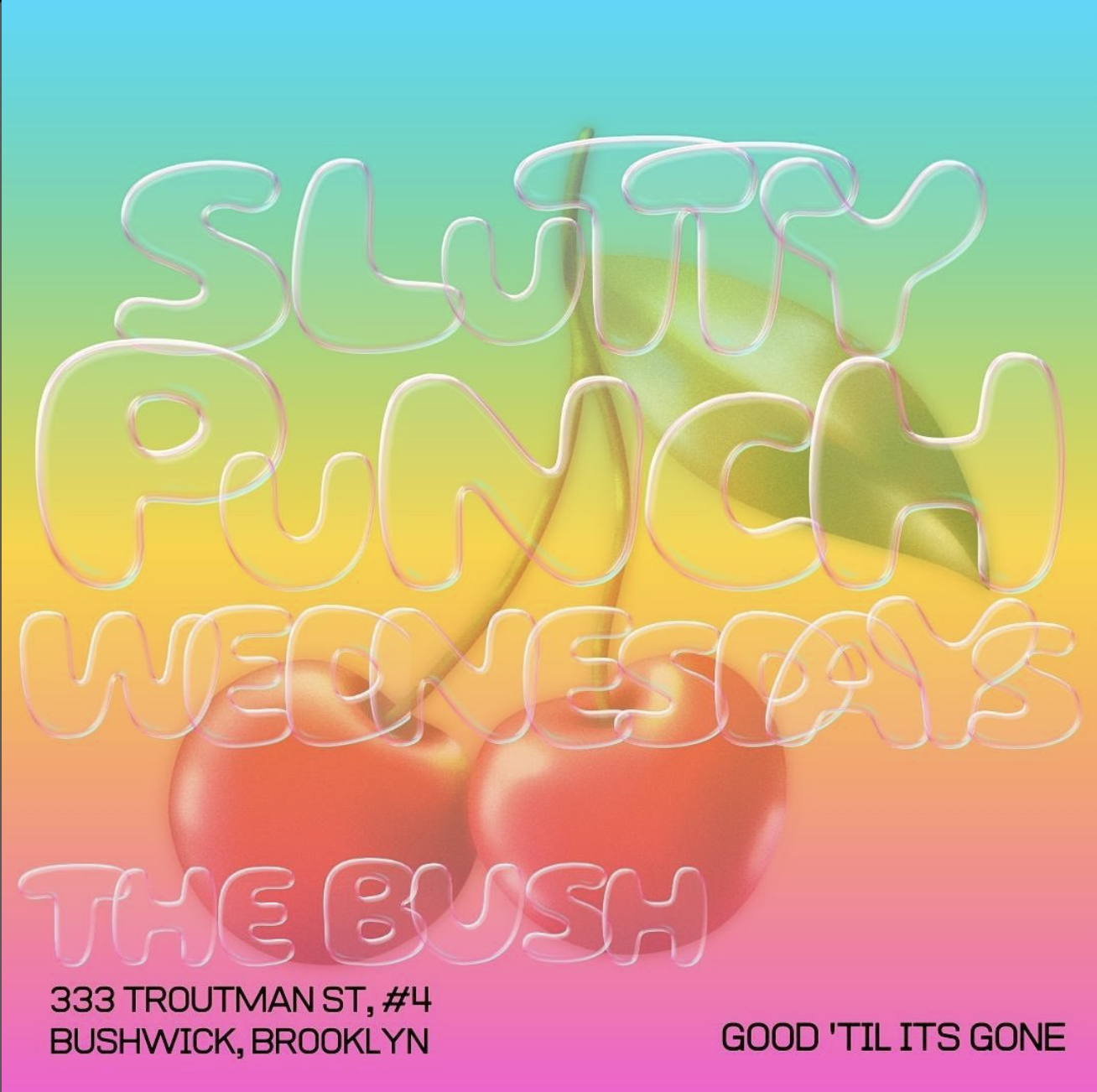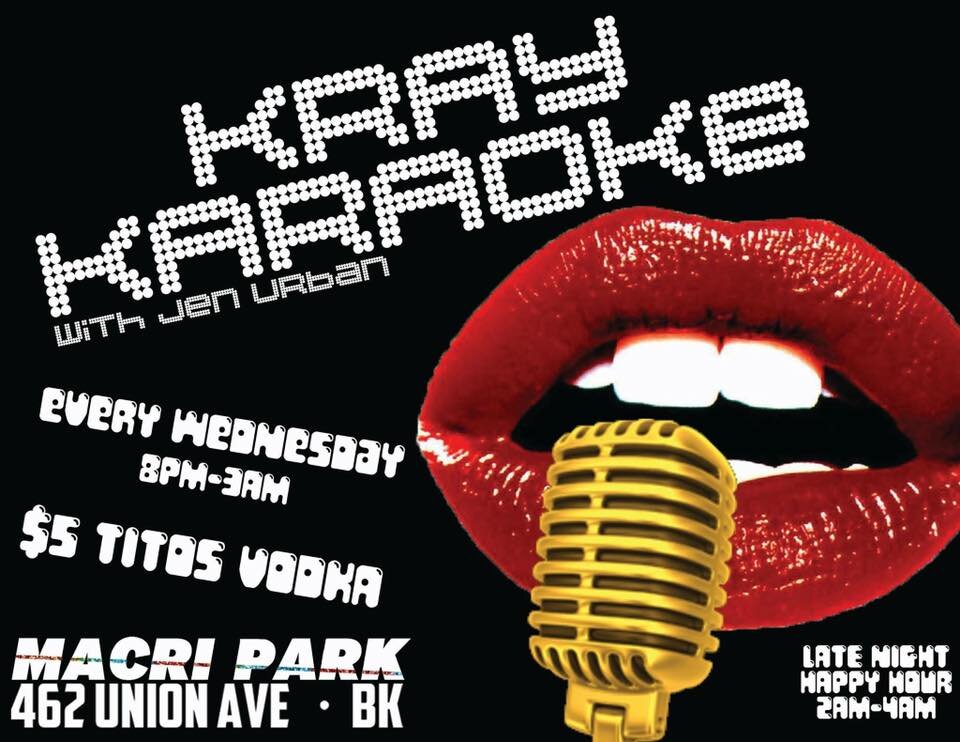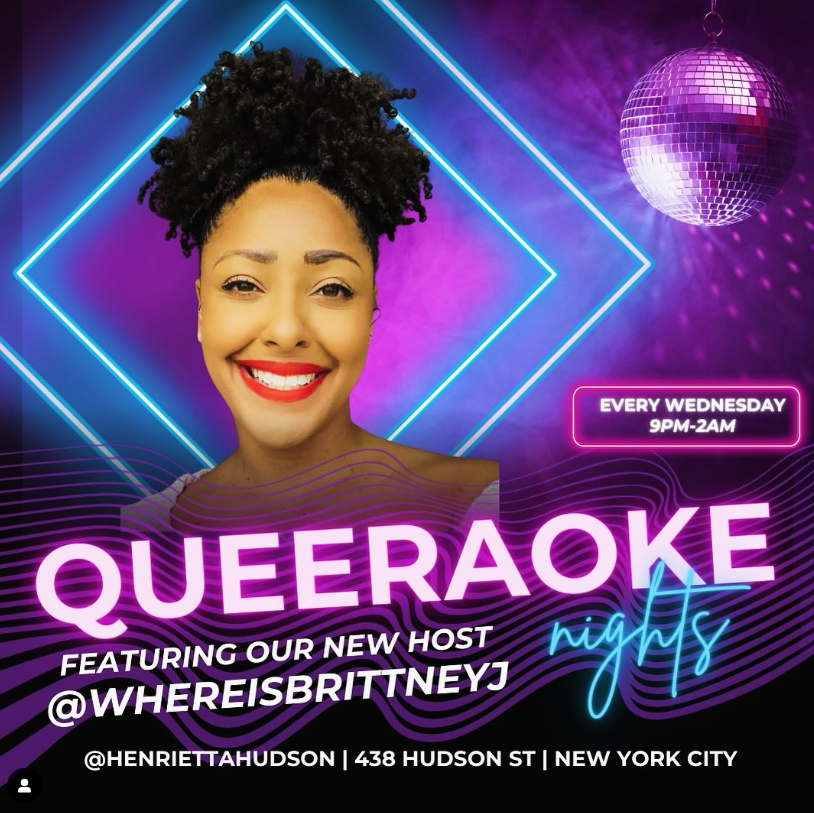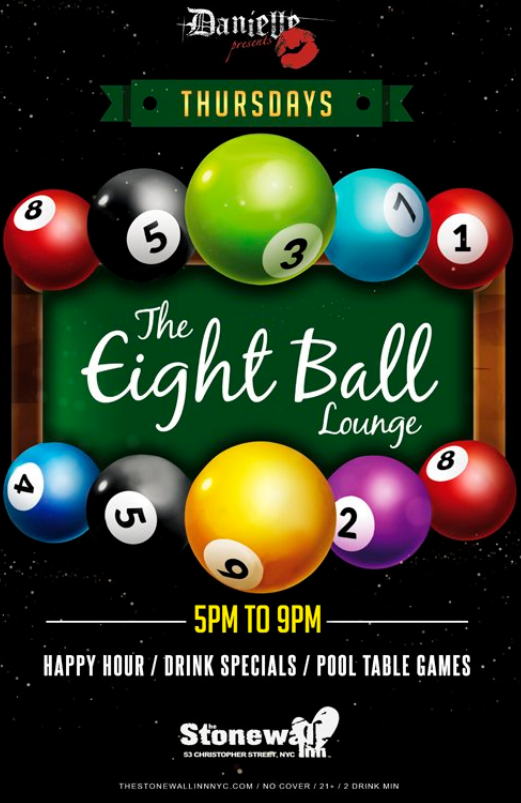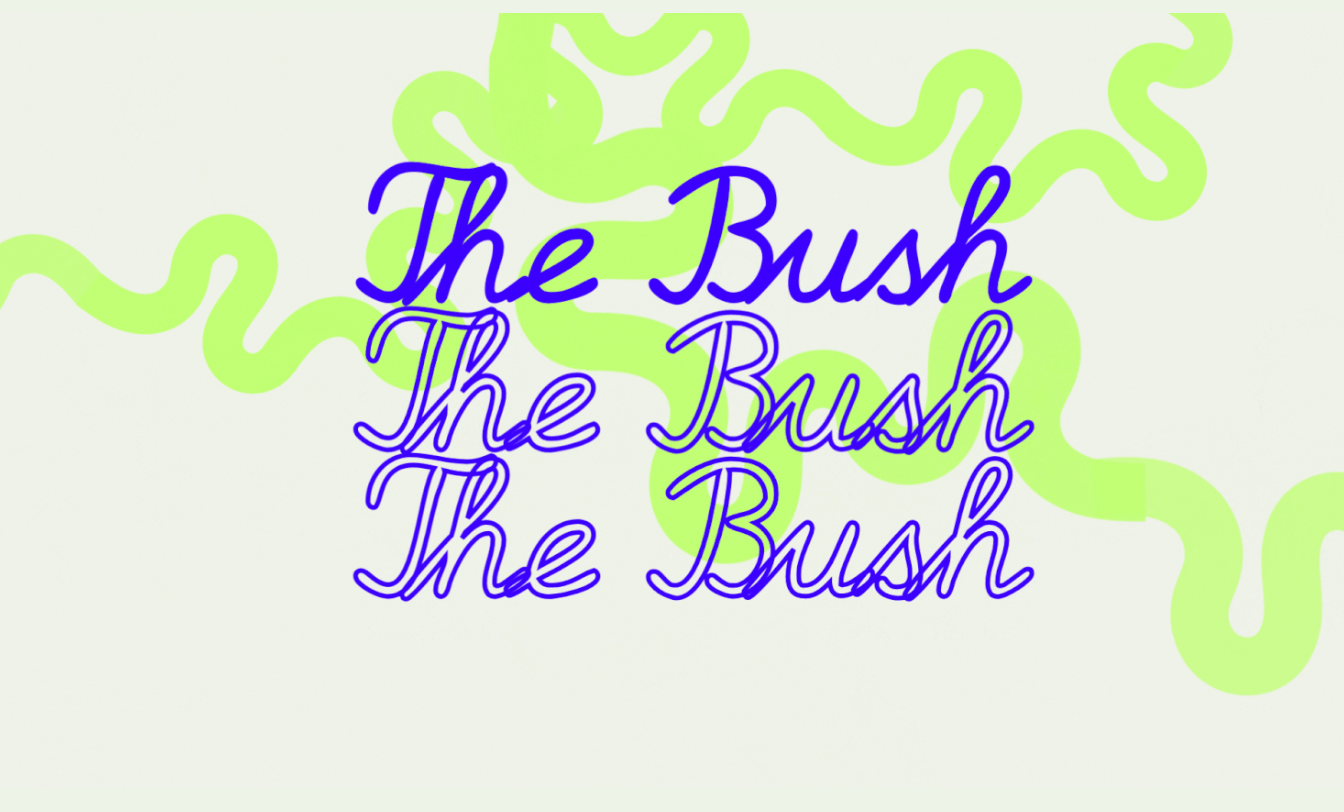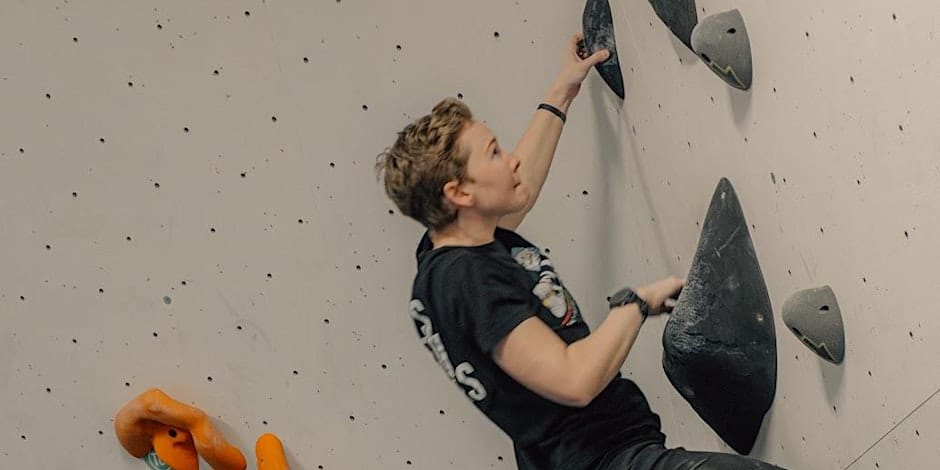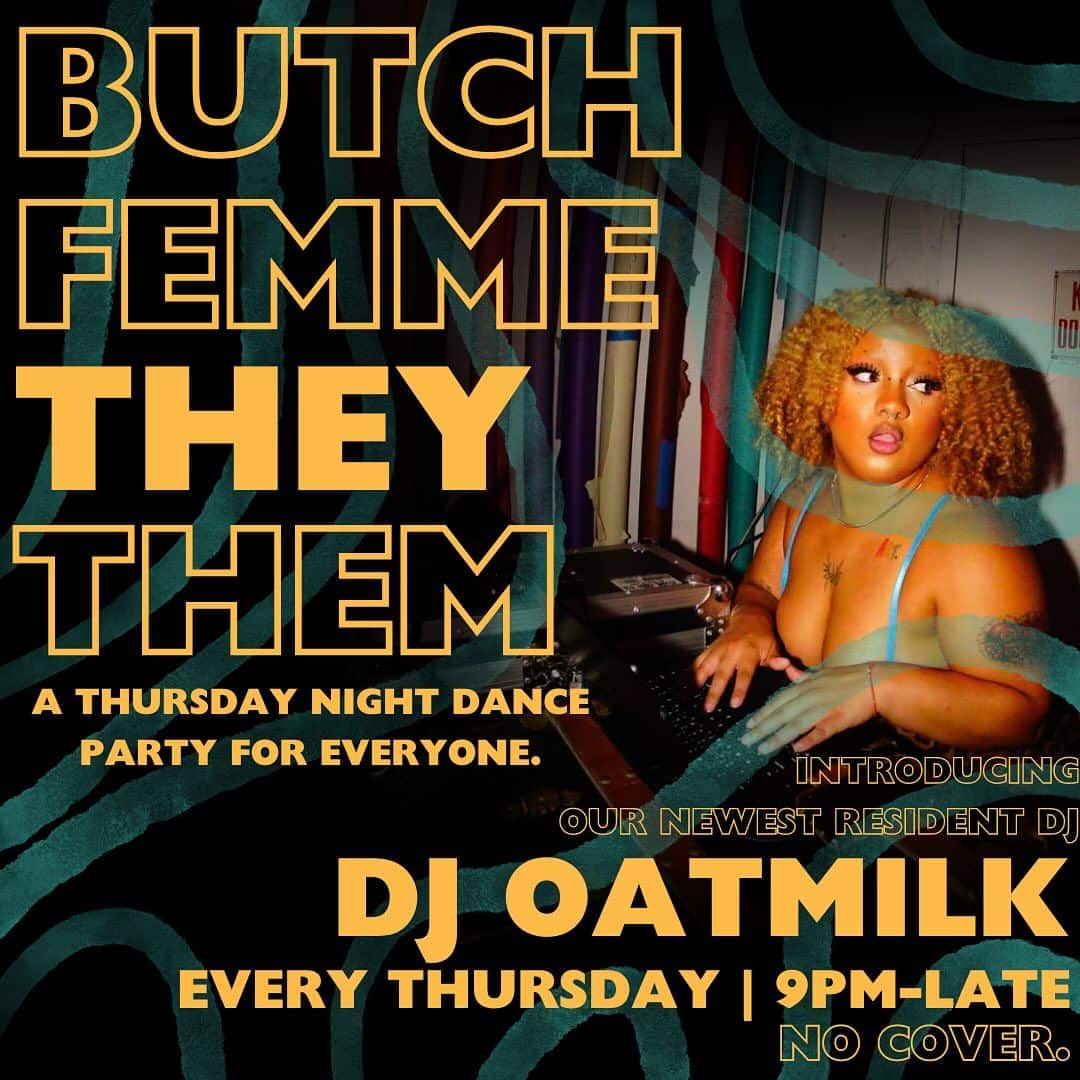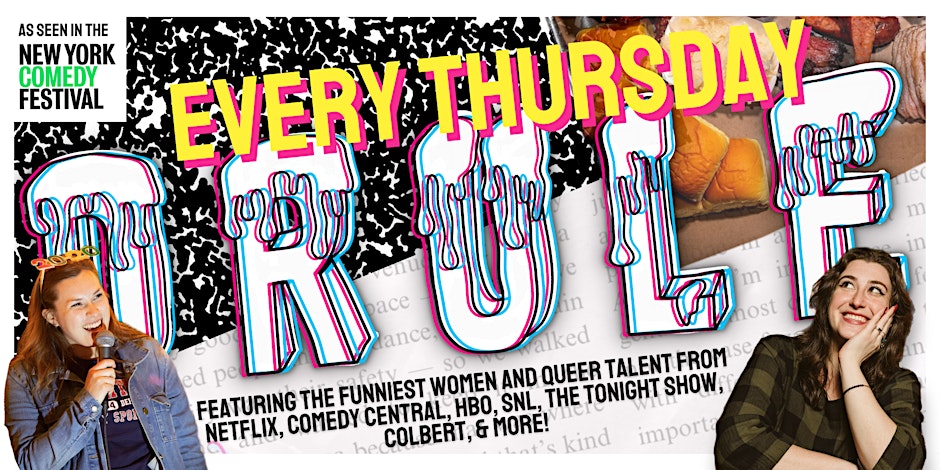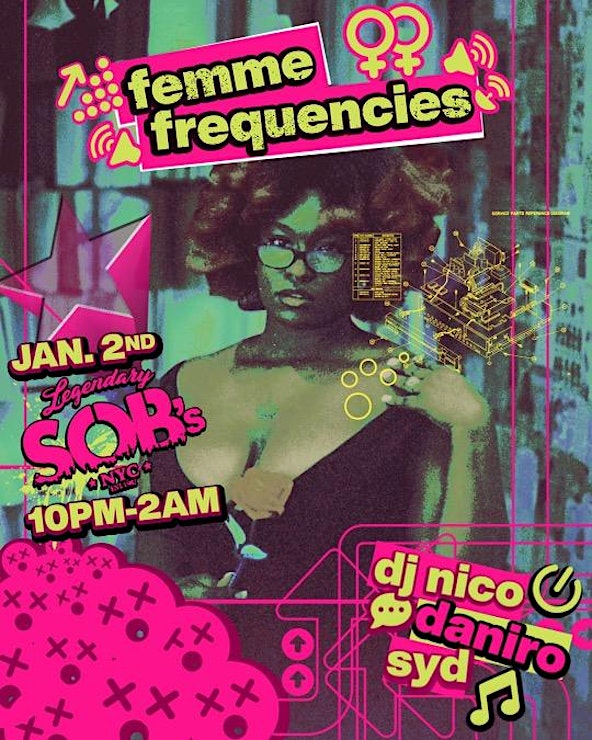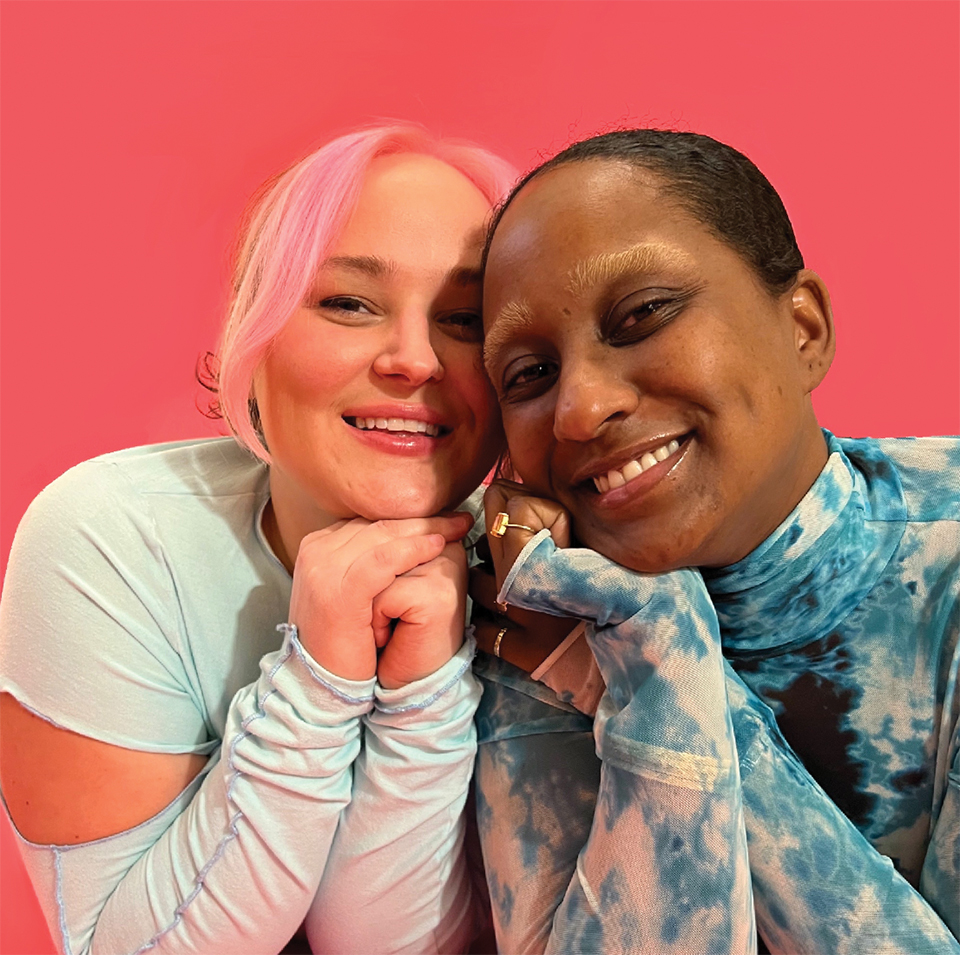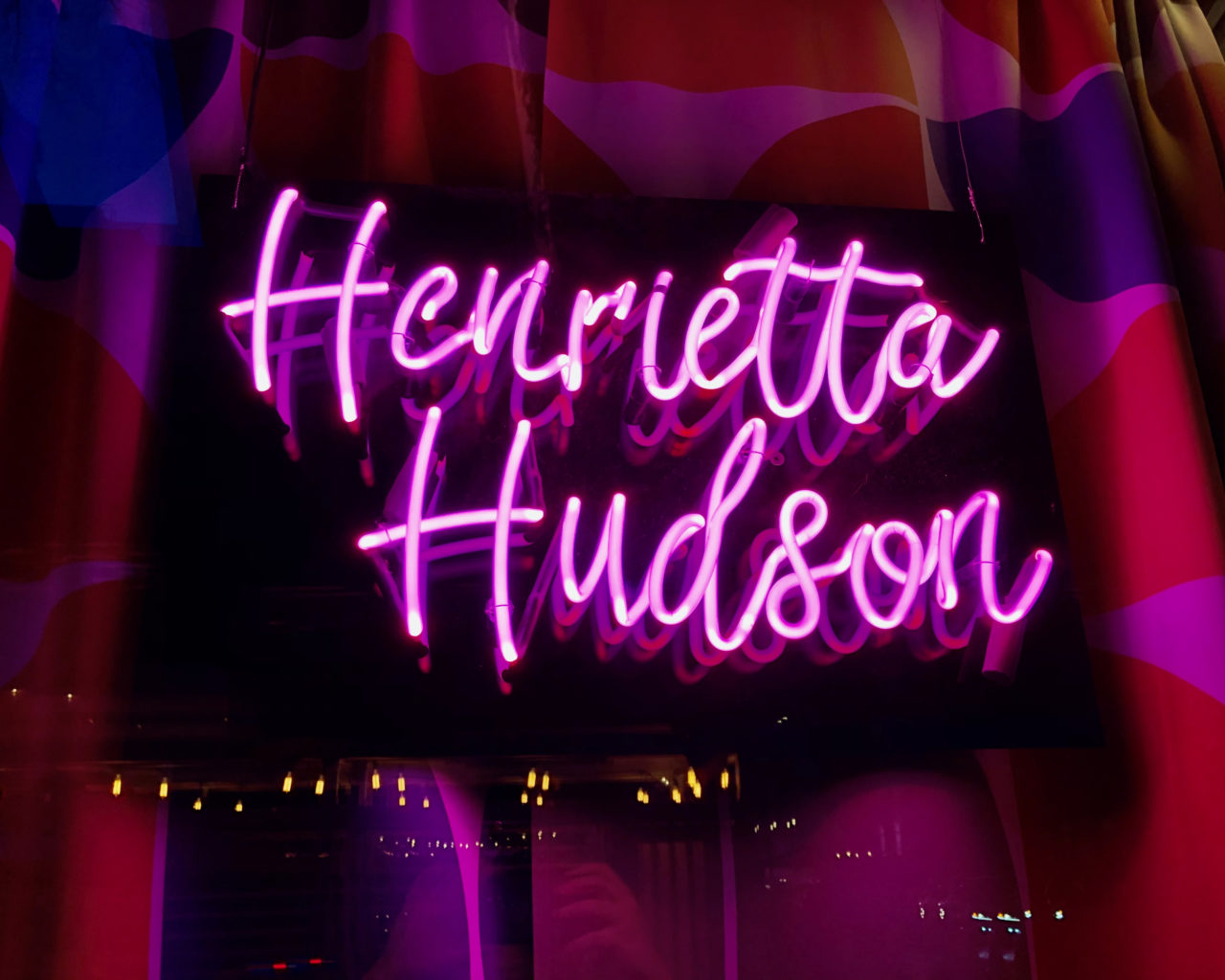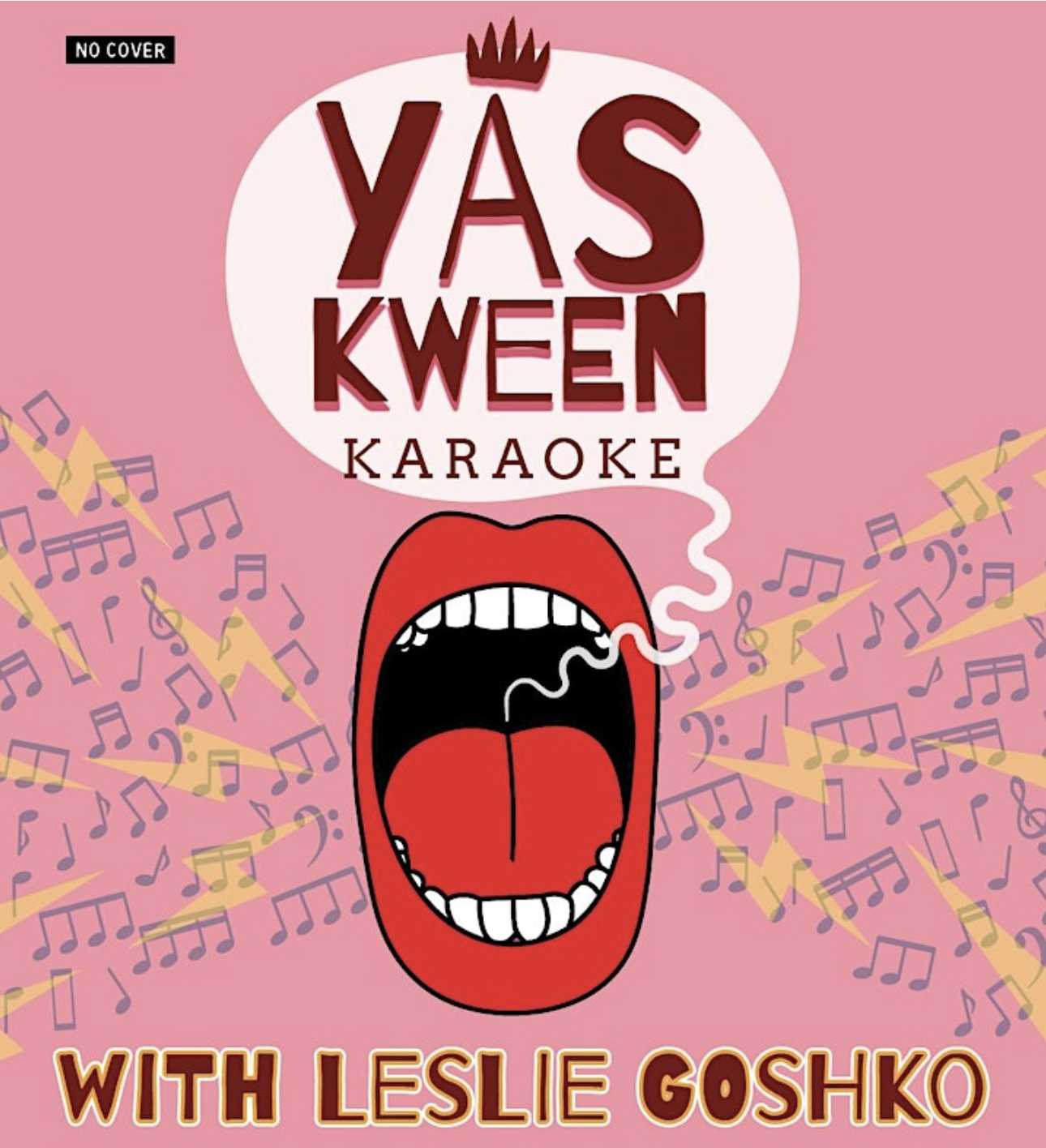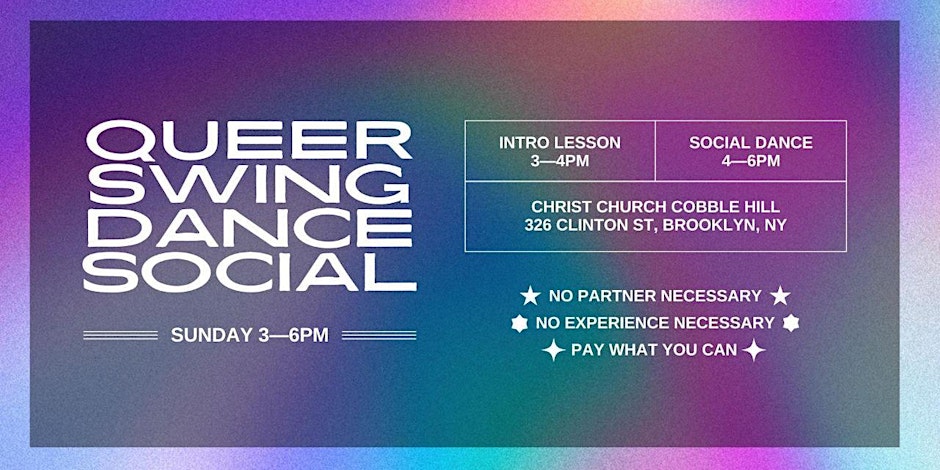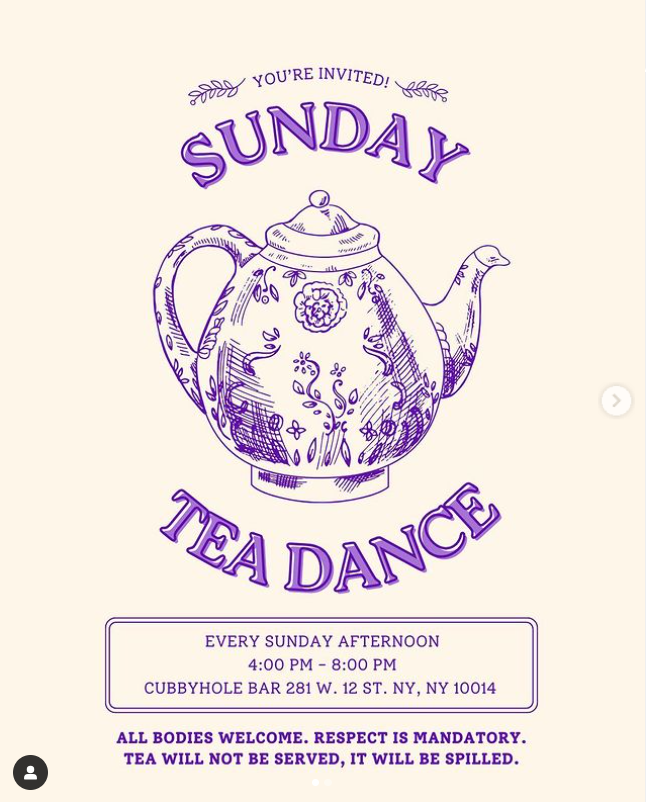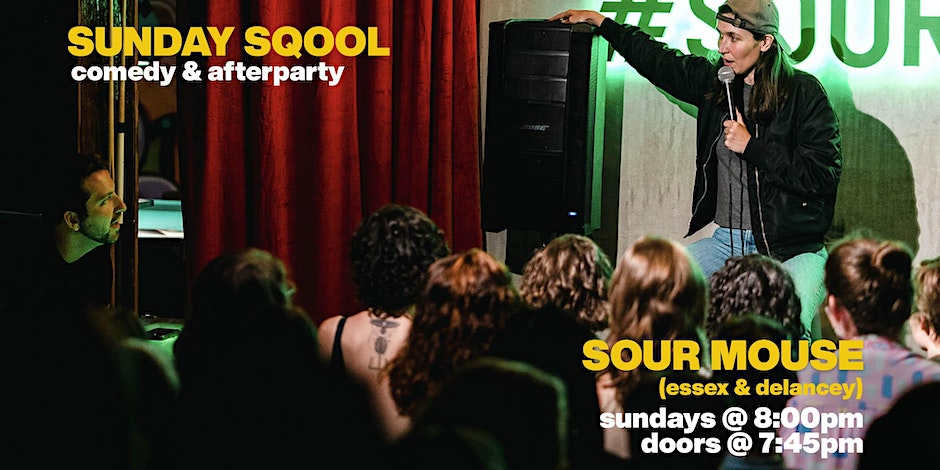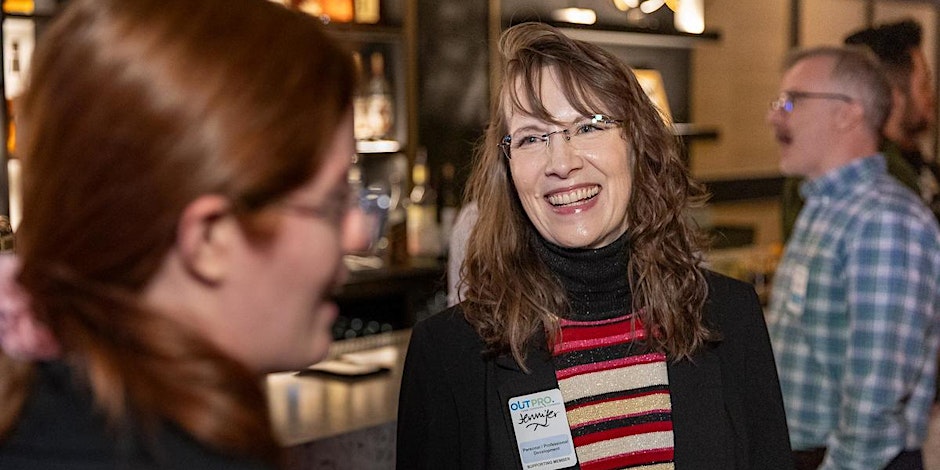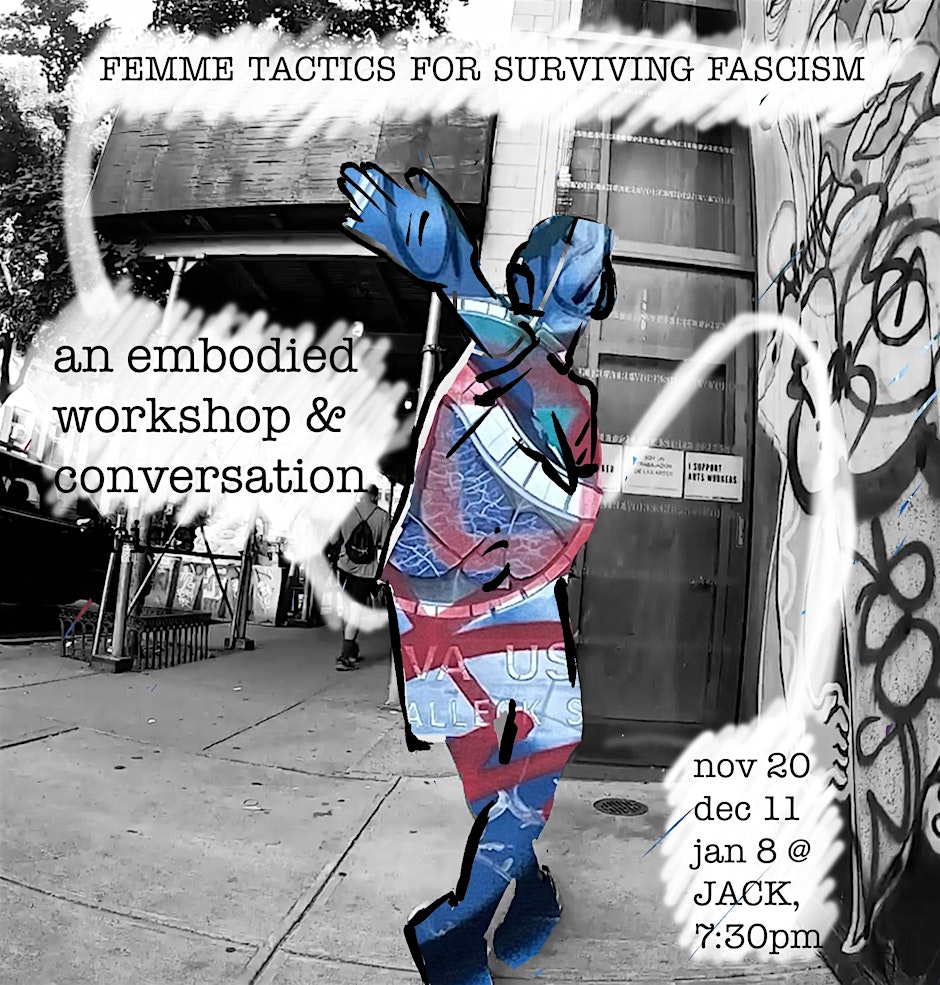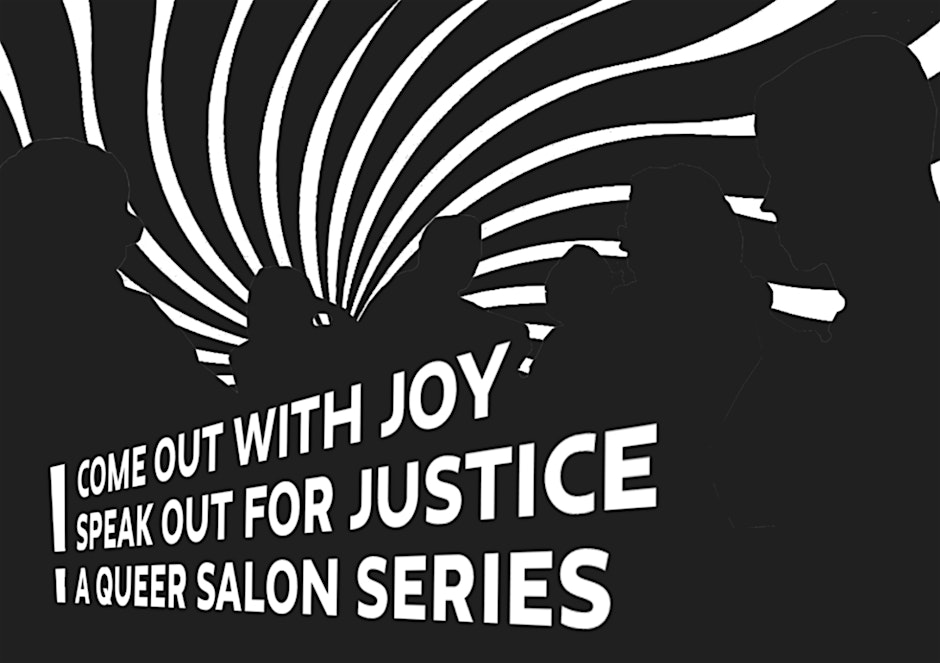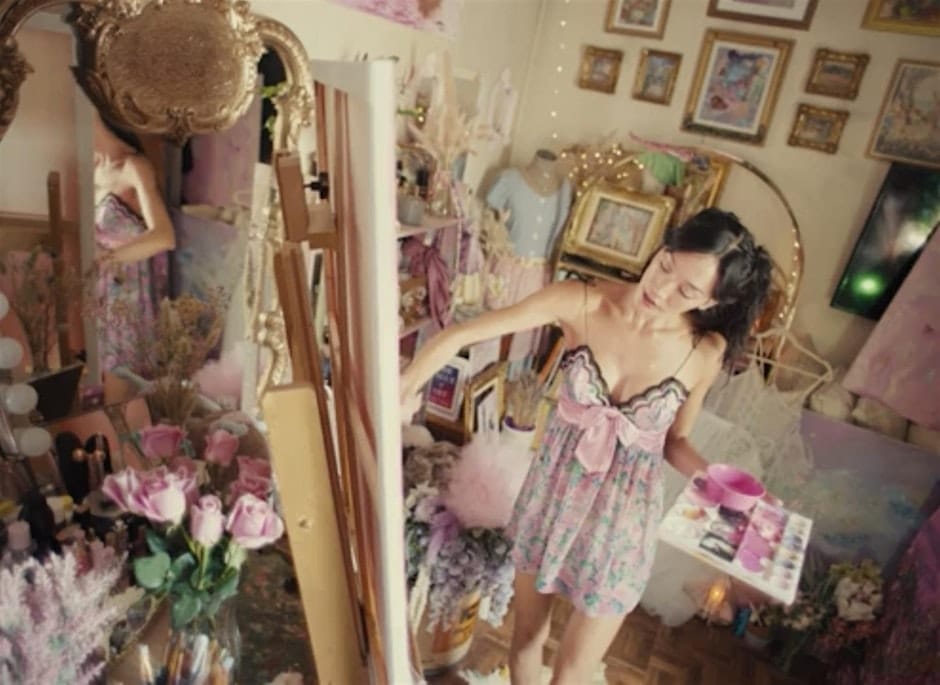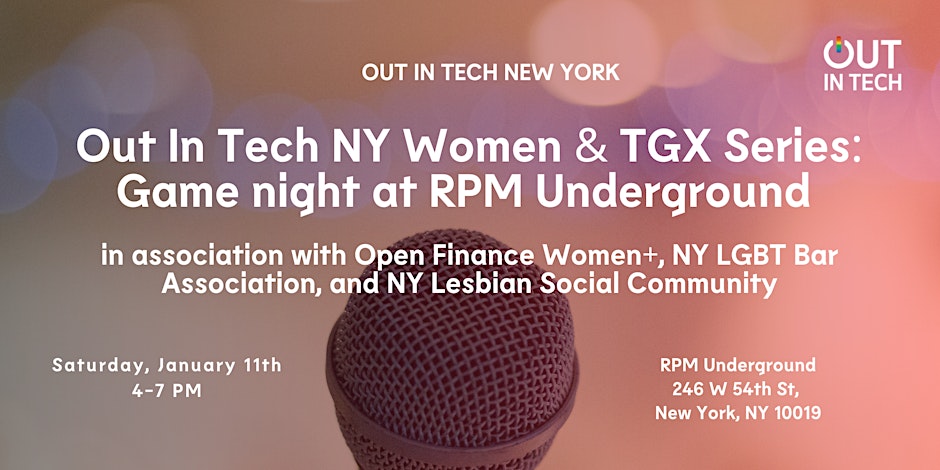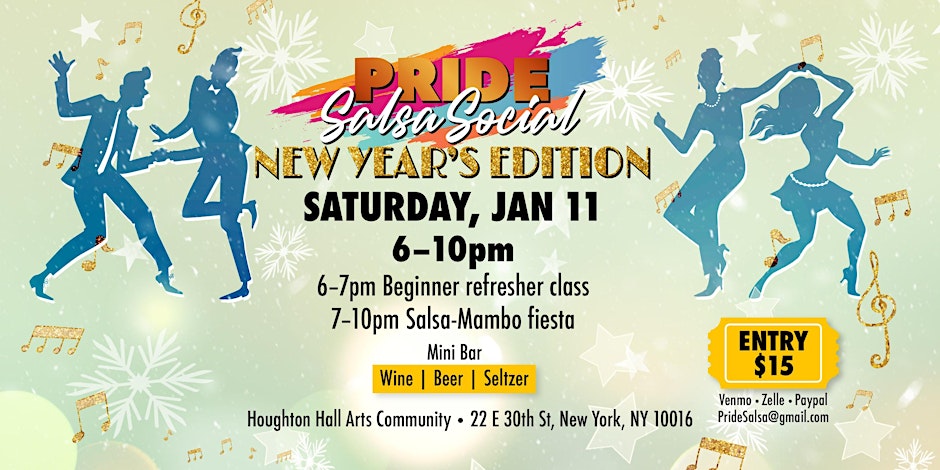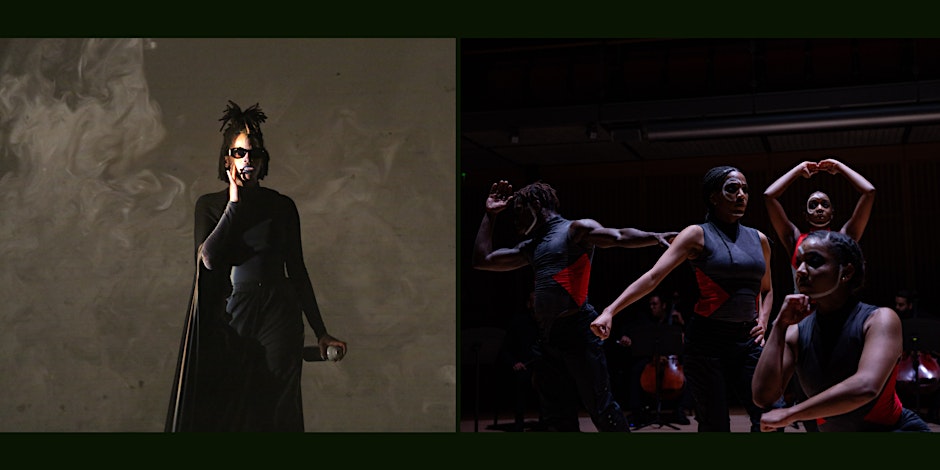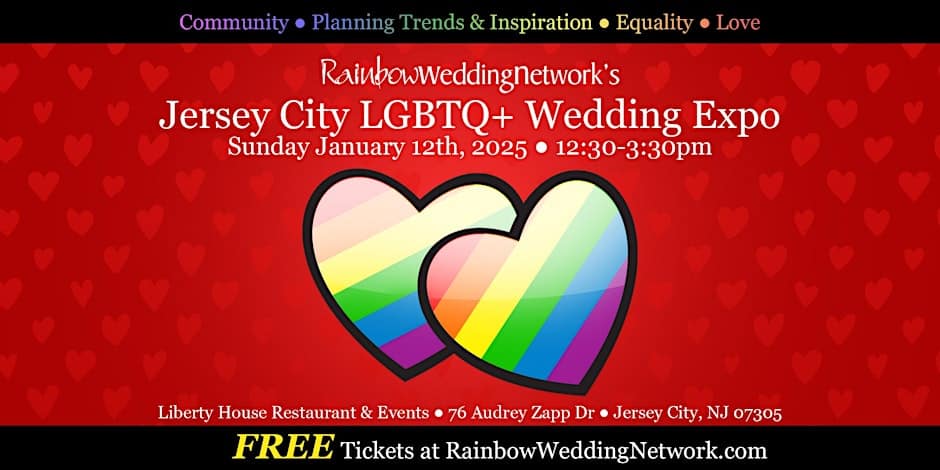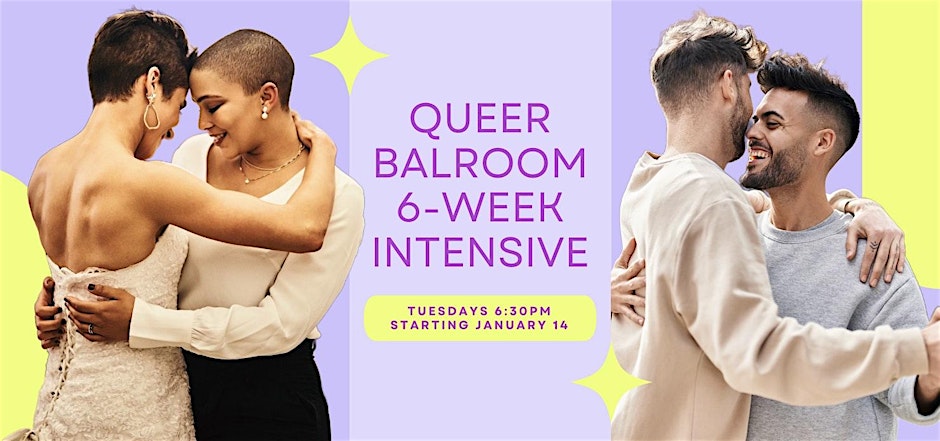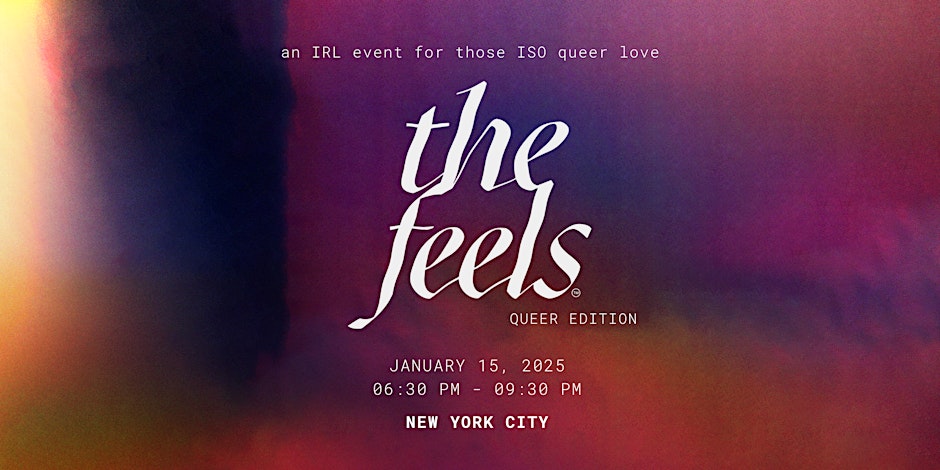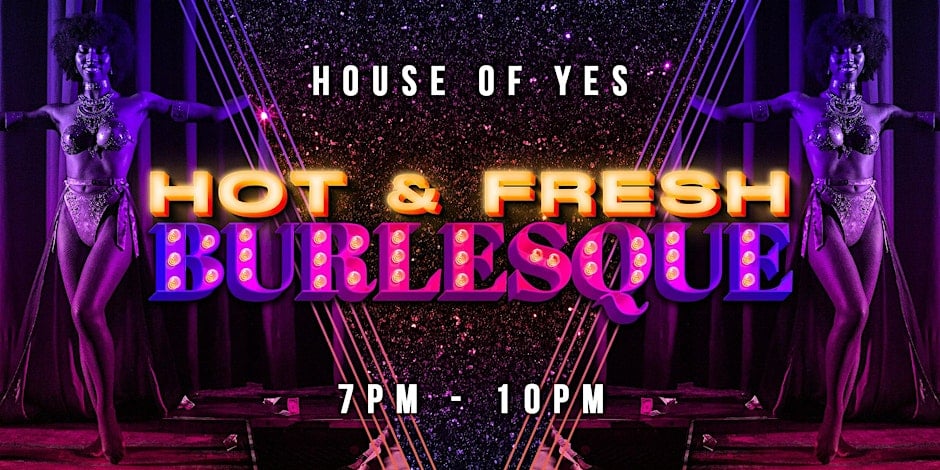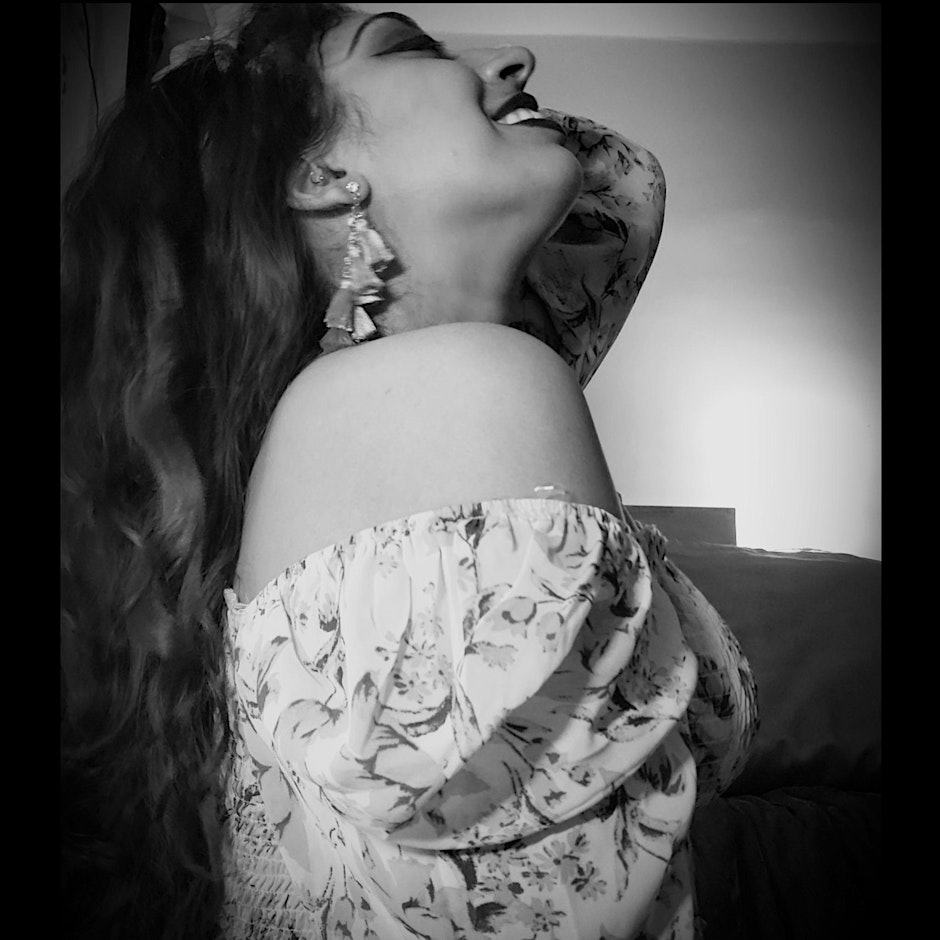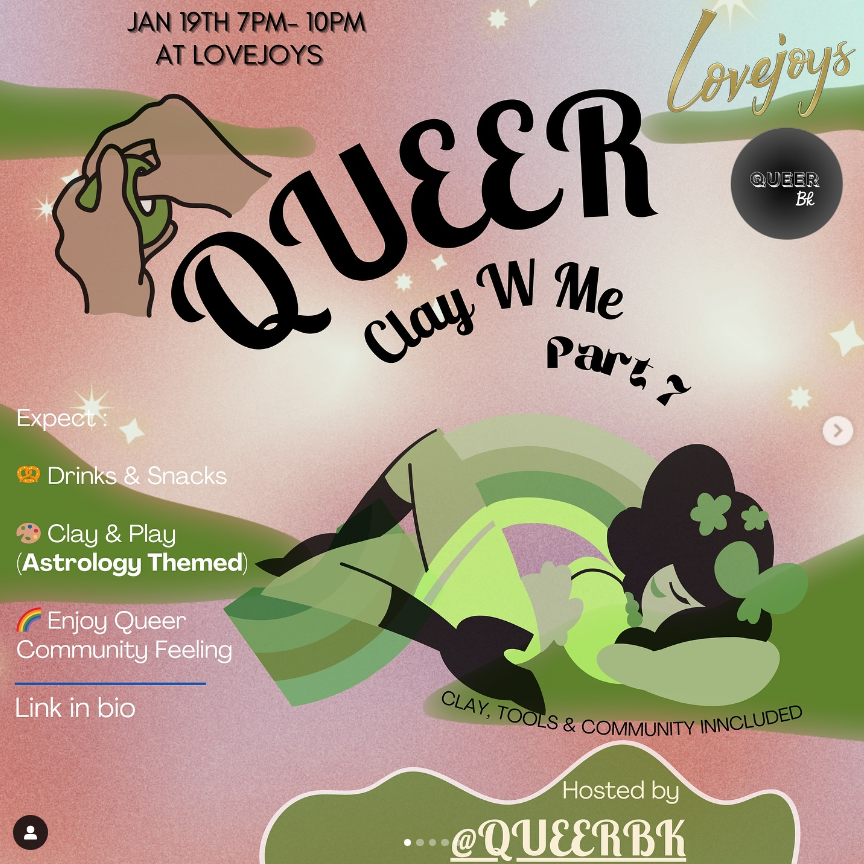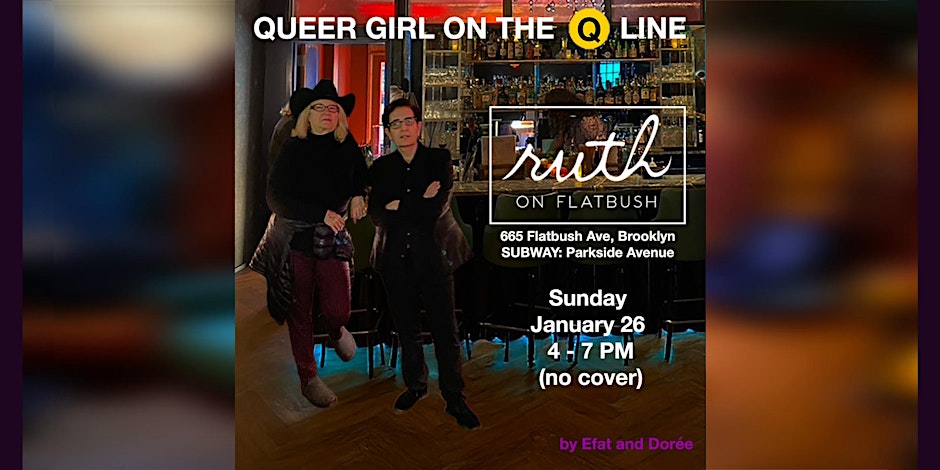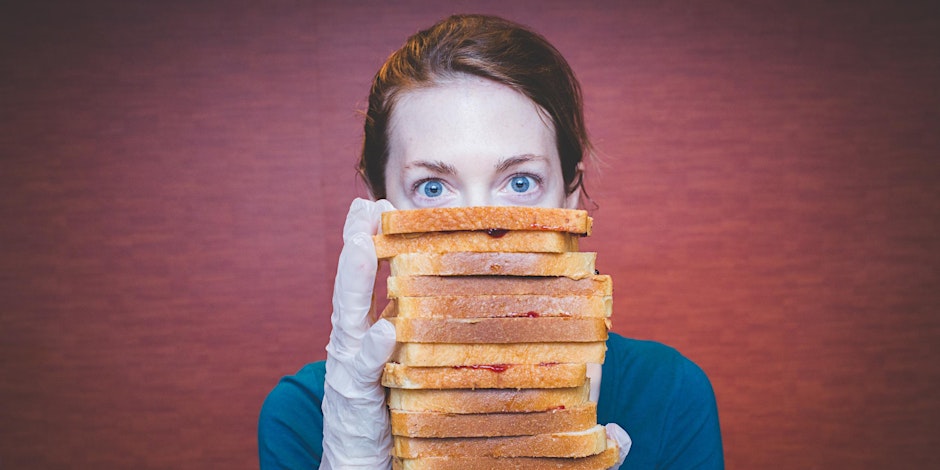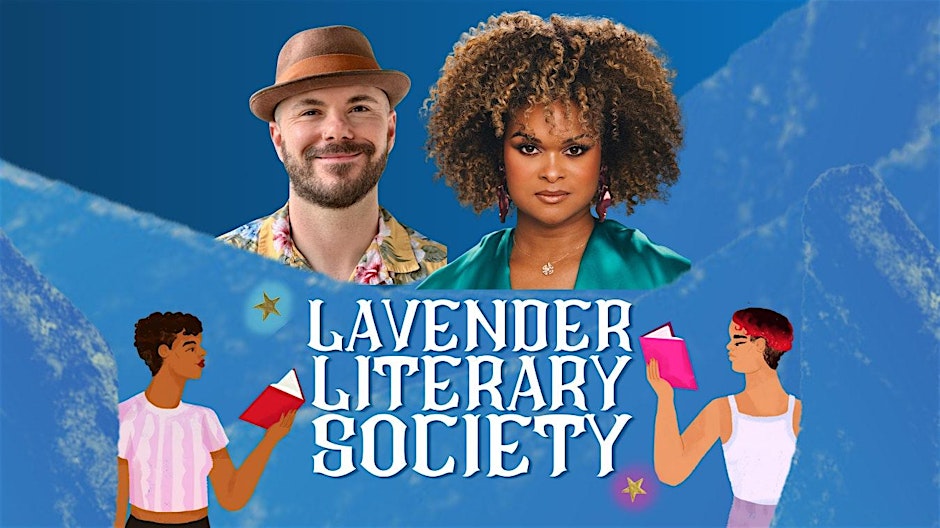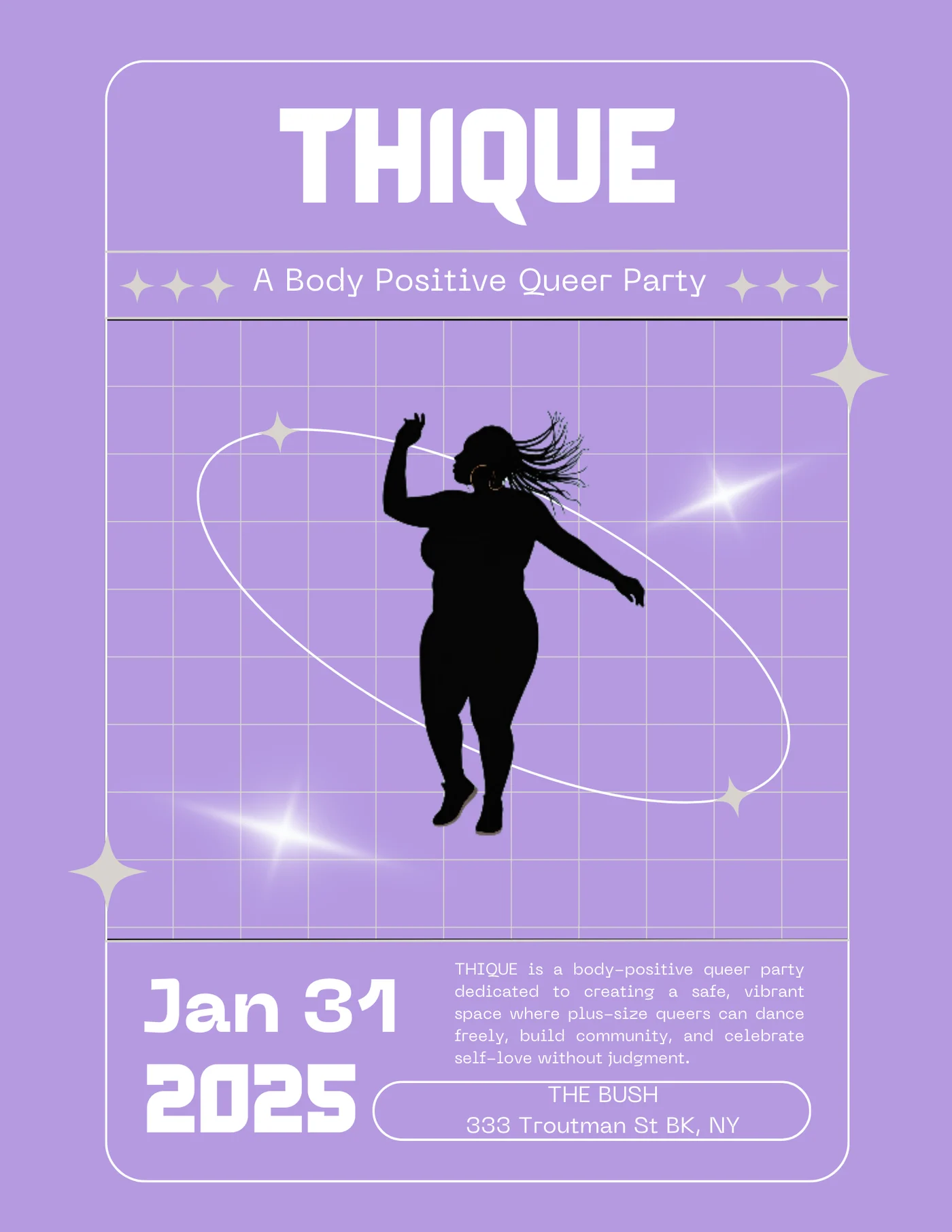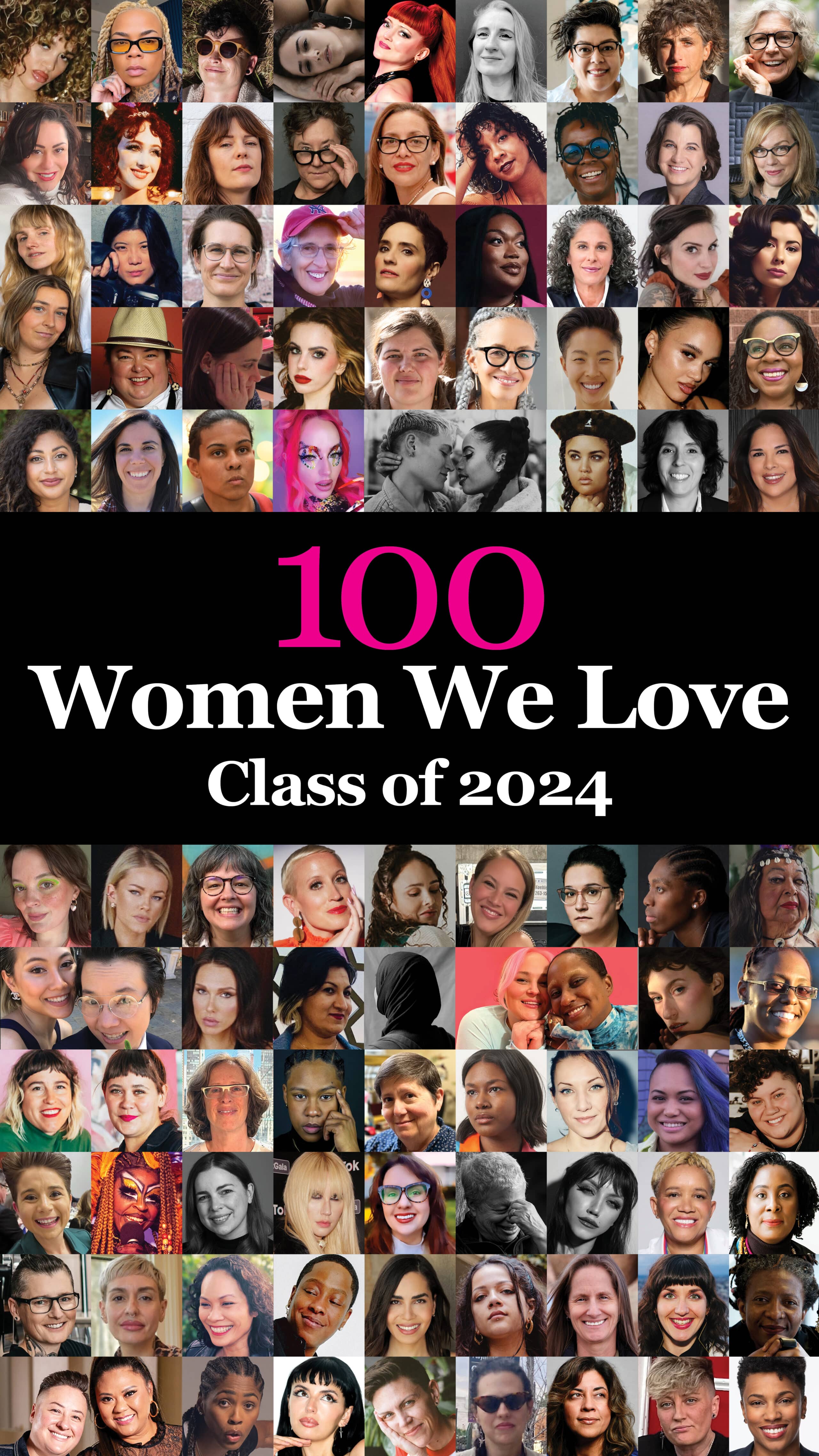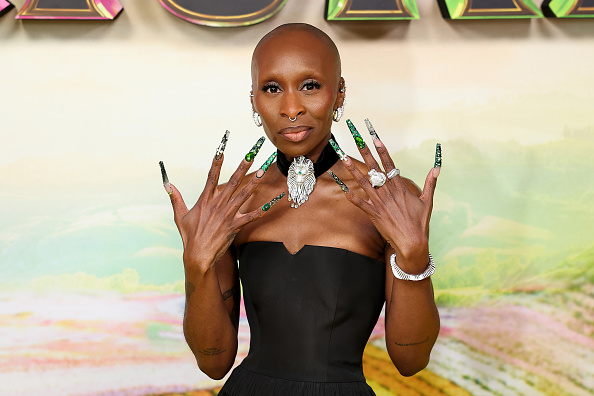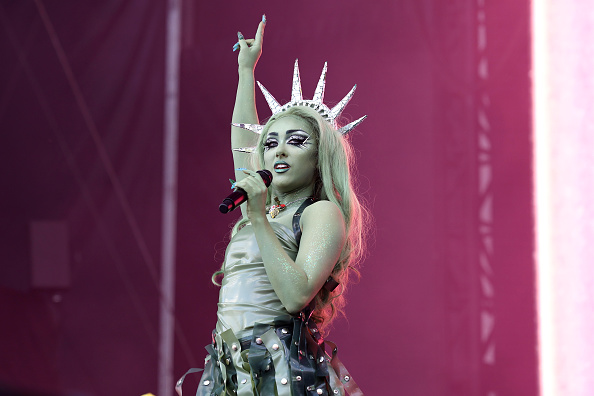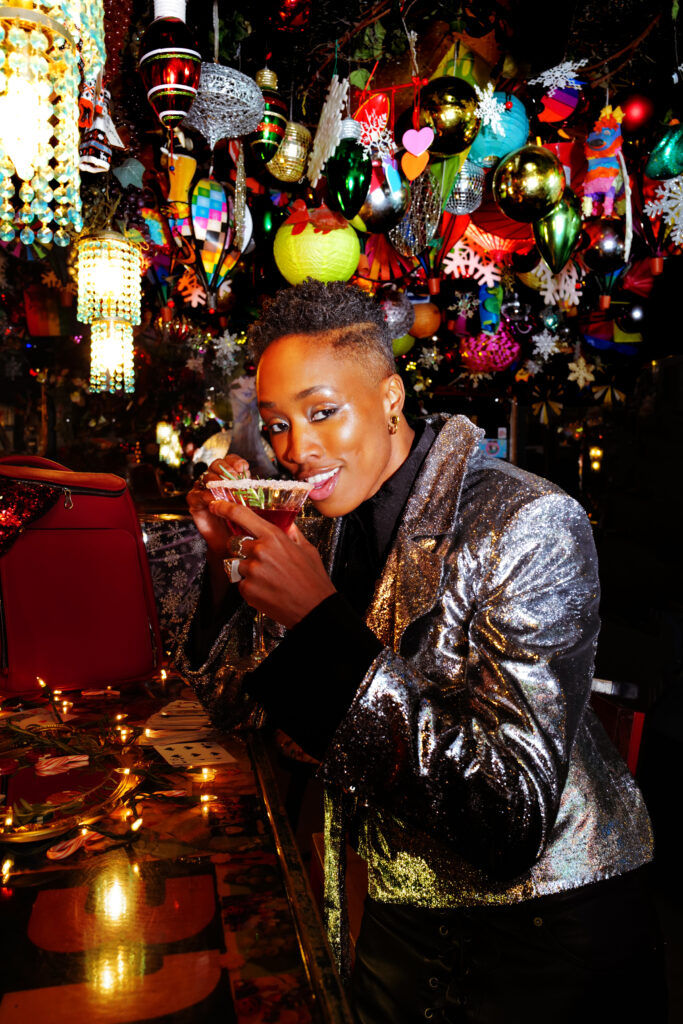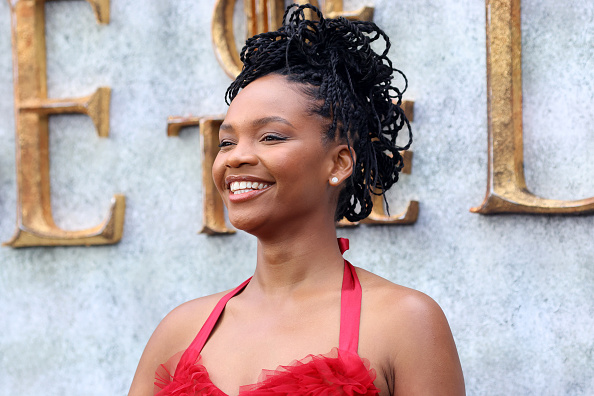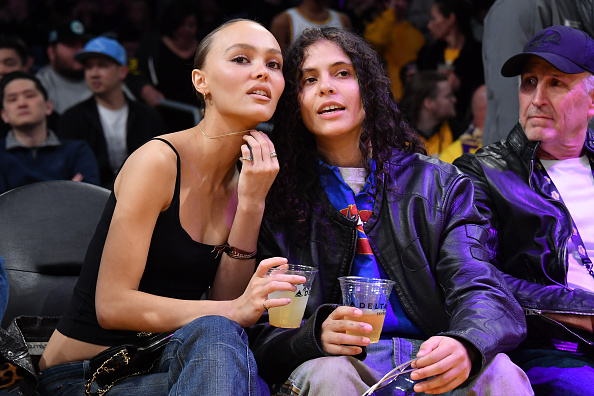GO: You’re about to start performing your new show, Kate Bornstein: A Queer and Pleasant Danger. What does that title mean?
Kate Bornstein: You’d have to see the show. It’s the truth. I’m totally queer and trying to be as pleasant as I can be.
But how are you a danger?
In the same way that I’m an outlaw and outlaws are dangerous.
Tell me what you mean by being a “gender outlaw.”
I break the rules of gender. I break the rules of nature. I guess I’m not as much of a gender outlaw these days as I was when the book [Gender Outlaw: On Men, Women and the Rest of Us] came out 15 years ago. Compared to a lot of people in the world I am, but there are people who are a whole lot more a gender outlaw than I ever was.
What I’m talking about is stepping outside the rules of an imposed binary gender system. Saying “no, I’m not a man; I’m not a woman. I’m neither.” And a lot more people are saying that these days.
This new book, when you started writing it, was directed toward teens. Why teens?
Because there wasn’t anything else that was out there. I was really, really angry at the way America took such a sharp right turn making it really difficult for the kids again. The whole LGBT movement of the last 10 years has been all about marriage and joint stock portfolios. And “gay day” at Disneyland, and I’m saying “no, wait a minute, wait a minute, what about the kids who are killing themselves? What about the kids who get tossed out on the street?” That had become a passion of mine.
Yeah, the teen suicide rate in the LGBT community has always been a lot higher, and there have always been a lot more runaways. Did this affect you in any way when you were younger?
No, when I was growing up, it was in the ’50s. No one talked about this. No one. I may have had friends who were suicidal. I sure didn’t know. Mostly we grew up kind of quiet. There was no Internet. There was a library. I remember looking up books like Psychopathia Sexualis, I think was the name. A German study.
And it probably said you should go out and kill yourself.
Yeah! And there was a book I read called I Thought People Like You Killed Themselves.
But the real the tragedy is, ok, now we’re talking about it. Now we have a chance to actually be our heart’s desire in the world. And it’s provoking so much violence, especially in the right-wing culture that’s been growing up in the past six to eight years.
Like, “God hates fags.”
Yeah. And George W. Bush. Let’s not forget him. He’s not very friendly to queers.
I saw that you gave a talk in Ithaca about “America’s bully culture and how it’s messing with our sex lives.” What do you mean by “America’s bully culture?”
America’s bully culture is what allowed George Bush to grow up with the kind of self-righteous morality that he has and getting to power. He is the archetypal bully. And so now that he is “the leader of the free world,” it means it’s ok to a bully. Kids look up to their president. They look up at their leaders. They can’t help it.
This past six to eight years all people have seen is George W. Bush. And so it’s ok to be a bully. And what does it mean to be a bully? It means—it’s junior high school! And it’s the culture that says, “be like us; be just like us or we’ll make you want to kill yourself.” And that’s America’s bully culture.
How does it affect your sex life? Bully cultures are typified by “either, or” questions. Bullies ask “either, or” questions. The way your sex life gets bullied by the culture, I think, is you’re told you love men or you love women. That’s it. Your entire orientation, your entire sexuality, is based on the gender of your partner? I don’t think so. It really dumbs down your desire. It makes you never examine what really is wonderful about love and sex. Is it men or women? You never stop to think that it’s so much more than that, isn’t it?
How will people be able to change their point of view from that of the bully culture?
I’m 59 years old. How old are you, sweetie?
I’m 29.
Ok. I have a lot of faith in your generation. Your generation is really no nonsense about shit. And I think you’re going to do very, very well when you come into your power, which will be in another 10 or 15 years.
I can’t wait!
It’s true! You’re the first generation growing up with post-modern and queer theory. You’re going to put that into effect. I think that what has to happen is you have to come up with a new kind of government because democracy is too easily manipulable. That’s what going on in this country and why George Bush is in power.
You see how it all ties together? The either, or of whether you’re a man or a woman. Do you love men; do you love women? Are you a Democrat; are you a Republican? Are you with us, or are you against us?
What it’s going to take is saying that over and over again—I’m neither, nor. I think it’s going to take a great deal of comedy. I think it’s going to take every bit of sexiness we’ve got—and I think we’ve got the corner on sexiness.
You say in your book that above all else, don’t be mean.
It’s the only rule in the book.
Why did you choose that as the only rule?
I think it’s the only thing, if people only did that, you could forgive them their faults. But being mean to people, ultimately is such poison that it makes you want to kill yourself more than ever. I mean, boy do I regret the times I’ve been mean. Uff! And do I remember the times people have been mean to me? Yeah! And if I’m going to say that anything, anything at all, is worth doing, if it keeps you alive, if it buys you another day of life, until you can you find something better that makes life worth living—that’s a hell of a license.
People have used that license before. Aleister Crowley was this British mystic around the turn of the 20th century. His phrase was “do as thou wilt.” Use your willpower; do whatever. That wasn’t too cool because that just let people bully people. That just let people hurt people. I thought about saying something like, “be nice” or “ be kind,” but that’s bullshit. It’s been co-opted by the bullies. Like George Bush, I am sure that he feels he’s being truly kind to us, as queer people, by preventing us from going to hell. And to keep us from engaging in our terrible acts. He’s got a basic notion of kindness. But he knows what it is to be mean. So that’s why I decided “don’t be mean.”
I heard you say that you practice Buddhism, do you think that played a role in saying not to be mean?
No, my study of Buddhism helped me get to this point that “neither, nor” is a pretty cool place to aim for. That’s pretty much what that did. The don’t be mean thing, the Dali Lama is into that. His kind of Tibetan Buddhism is the “don’t be mean” stuff. I think that’s fair to say.
You said during your talk at NYU, that even though you’ve written three books, you feel funny about calling yourself an author. Why do you think that is?
I’m…damn. Kurt Vonnegut is an author. Mark Twain is an author. T Cooper is an author. Patrick Califia is an author. I’m stunned by their words. I think I write self-help books.
But I saw on your website that 120 universities and schools teach from your books.
Yeah! I think that’s a hoot.
Are they mostly gender studies classes?
Correct. Women’s studies, gender studies. Some places—queer studies. And in sociology classes, they’re starting to look at this stuff.
It seems that in the past, six years, or since 2000, I’ve really seen more visibility from transgendered people. You see them more, you hear about them more, it’s on TV, and in newspapers, and magazines.
The visible transgender people, once again, are…I’m pretty tame as a visible transgender. You could invite me to your parents’ house. I’d use the right fork. But then when I would take off my shirt and there are all my tattoos, I wouldn’t be welcome in your parents’ house, necessarily. I’m trying to stretch the boundary of who’s welcome in the movement. How freaky can you be and still be welcome? Within the LGBT world, “queer” is still on the periphery.
What do you mean by that?
It’s not calling the shots. It doesn’t really have a seat at the political table. It’s the folks that have the money already, who are calling the shots and saying, “it’s gay marriage. That has to be our priority.” There’s nothing queer about marriage. There’s been no real consultation. There’s been no consideration of polyamory. It’s problematic. Queer is on the periphery. I’m a published author. I get quoted a lot. I’m trying to say that queer doesn’t have to be unpleasant or mean. I think I’m making progress.
How so?
They publish my books and read this shit.
People are listening.
I’m grateful. There’s a whole bunch of people in the academic network, the arts network, within queer politics, local politics, who are really starting to embrace more and more of a post-modern theory.
There’s a need for outspoken sex-positivity. The embracing of gender fluidity. There needs to be a whole sex-positive, gender-fluid value system that isn’t mean and doesn’t back down.
How long have you been in a relationship with Barbara Carrellas?
Coming up on 10 years in August.
Congratulations! She writes a lot about sex. Is she considered an expert?
Oh, yes, she’s one of the world experts on sex. Her new book is Urban Tantra: Sacred Sex for the Twenty-First Century. It’s finally a book that isn’t dependent on gender or genitals. It goes way beyond who is your partner. It’s about what do you want to feel? And you can apply that with any number of people. It’s the first queer inclusive sex book. It’s beyond sex. It’s for ecstasy. Do you want to be ecstatic? Do you want bliss? That’s possible.
Part of Barbara’s background, in addition to BDSM, is she has been a sex worker, she comes out of a new age background. She worked with the Gay Men’s Health project in New York with Annie Sprinkle. They were working with young men with AIDS, trying to help them find a great way to have safer sex.
And she’s a Broadway baby. She’s hot.
I hope I’m not being too personal, but you said you were anorexic for about 20 years.
It never really goes away. For me, it’s been since high school. My senior year in high school is when I learned to stop eating. It’s not so much the not eating as it is the self-loathing. It’s not a self-loving thing. So doing things that make me feel a little bit better about myself, tends to keep that at bay.
How have you come to love yourself?
Having a sense of humor is key. Laughing. Being sex-positive. Flirting.
How did you come up with the 101 alternatives to suicide?
It was two years of living close to suicide, figuring out all the ways I wanted to die. Remembering what’s kept me alive and boiling it down with the help of my editor, Crystal Yakacki. She’s just amazing! It was her motivation on the project to put the book together. I was just talking about it, but she totally followed it through. She deserves so much credit on this and she’s become a good friend. With her help and guidance, we brought it down to 101. And here I am still alive.
Have you used all the alternatives yourself?
I’m pretty sure I have.
You first directed the book toward teens and then added freaks and other outlaws. Why did you shift to include other people?
I got down to the last version of the book and my publisher, Dan Simon, took me out to lunch, and said he’d shown the book to a few folks. He showed it to Kurt Vonnegut, who said he really liked it. And you know, Kurt’s no teenager. Dan said something that has helped me as writer. He said, sometimes the book you’re writing begins to write itself. He said that’s what he thought was happening with this book, that it had gone beyond the original concept, and would I consider opening it up. The only thing I insisted on was keeping teens prominent in the title. I know what it’s like when people don’t mention trans people—I just don’t feel fucking welcome. And so, I wanted teens to know that they’re welcome in this book, truly. Certainly, freaks and other outlaws understand they are in good company with teens!
Probably everyone at some point, especially when you’re a teen, you feel like a freak, even if you’re a cheerleader or whatever and people think you’re normal.
Yeah, totally. So it’s up to us to save the cheerleaders.
Tell me more about the new play.
This new play’s going to be fun. I’m still trying to figure out how to talk about it.
I’m really excited about it. I have three-city tour. It starts in May in London and goes to San Francisco and Washington, D.C. It’s not coming to New York yet, although I’m working on that.
That’s a shame.
Oh no, you have to do the out of town shows. Hopefully what I would like is to see this show open in New York in September 2008, along with the publication of Kate Bornstein: A Queer and Pleasant Danger.
This is a one-person play?
Yes, it is.
Is that going to be scary for you?
Actually, I was an actor way before I wrote books and before I became a public speaker. Acting was my thing and I loved it. I’ve done some solo shows. I did one called, “The Opposite Sex is Neither.” I did one called “Virtually Yours.” And this is my third solo show.
Is there any particular message you have for people reading this?
I would say that if they’re reading this in GO, then yay for you! They should visit my website hellocruelworld.net and pick themselves up a get out of hell free card because I’m so pleased and so honored to be in the presence of such sex-positivity.


